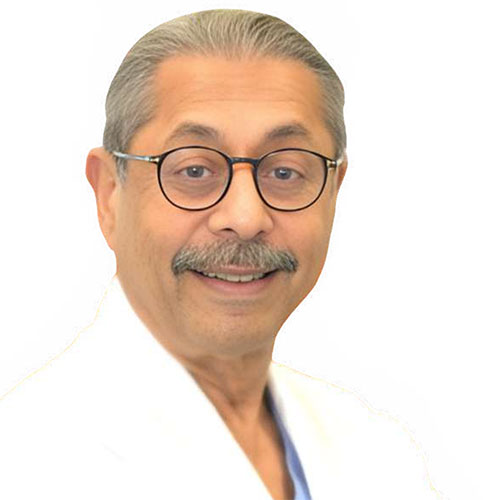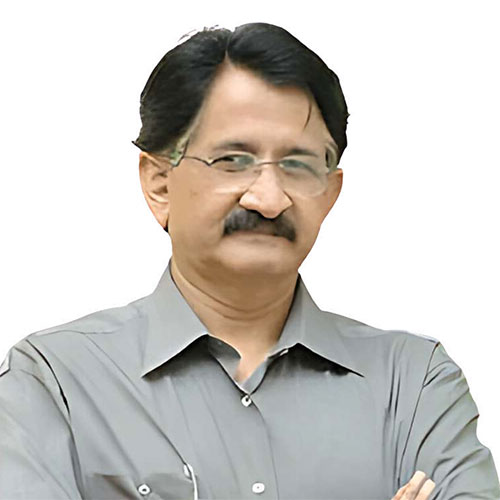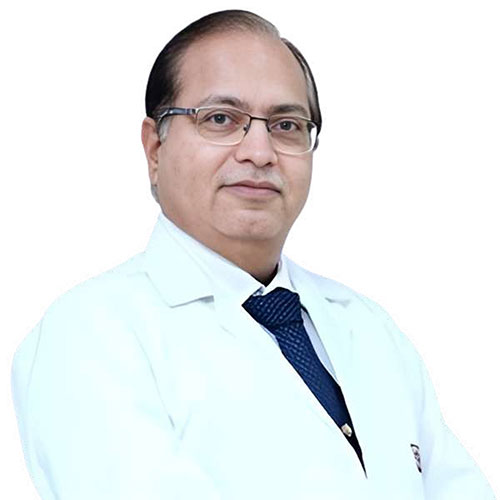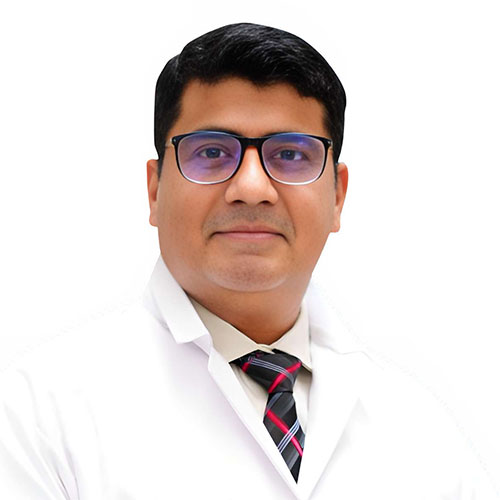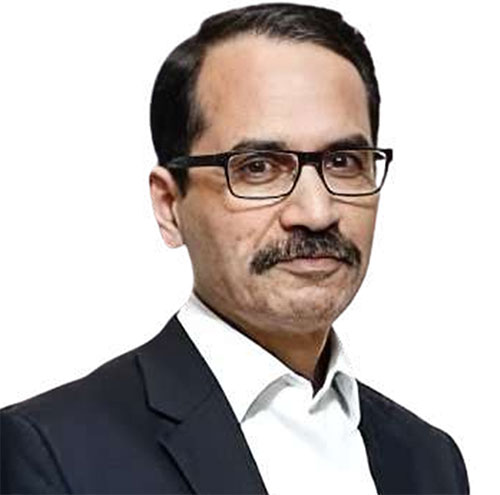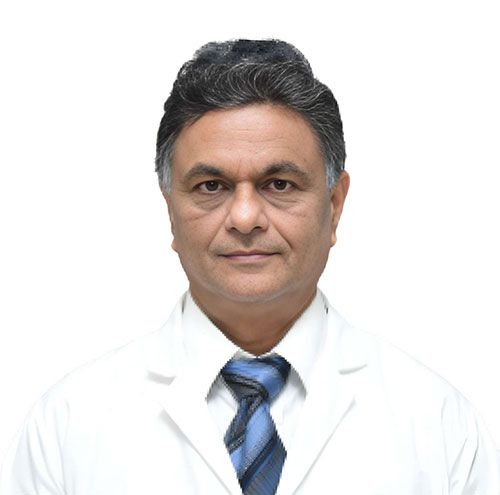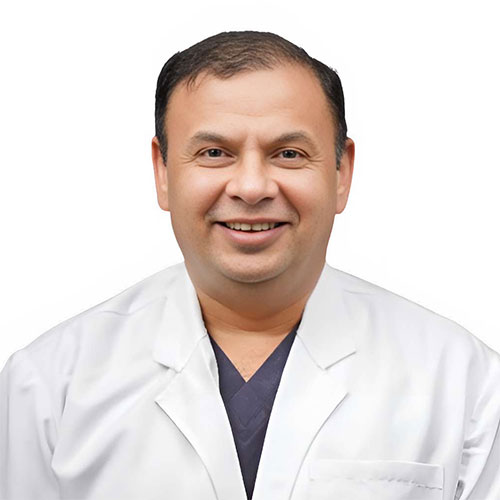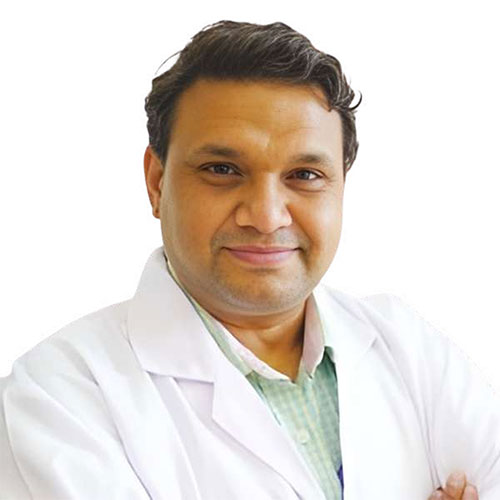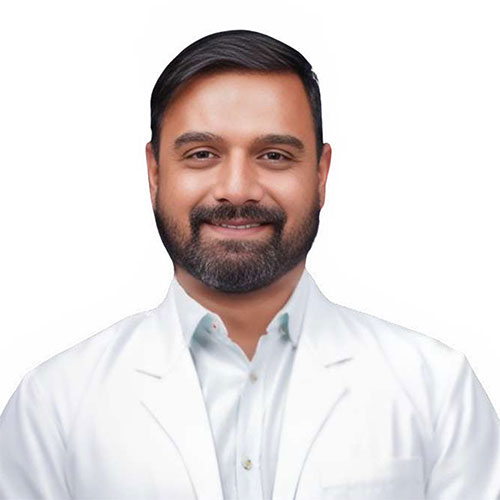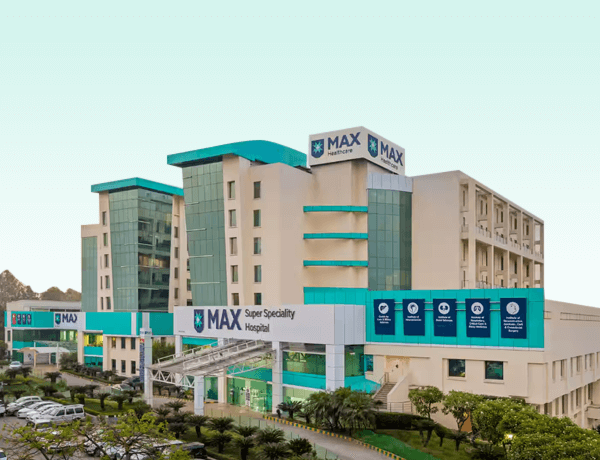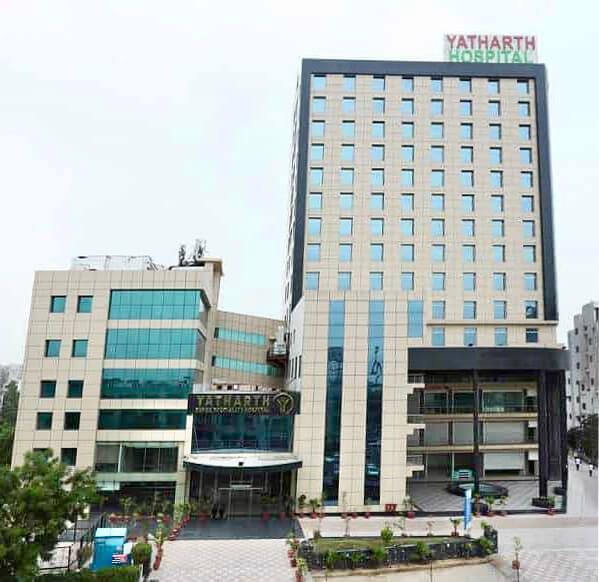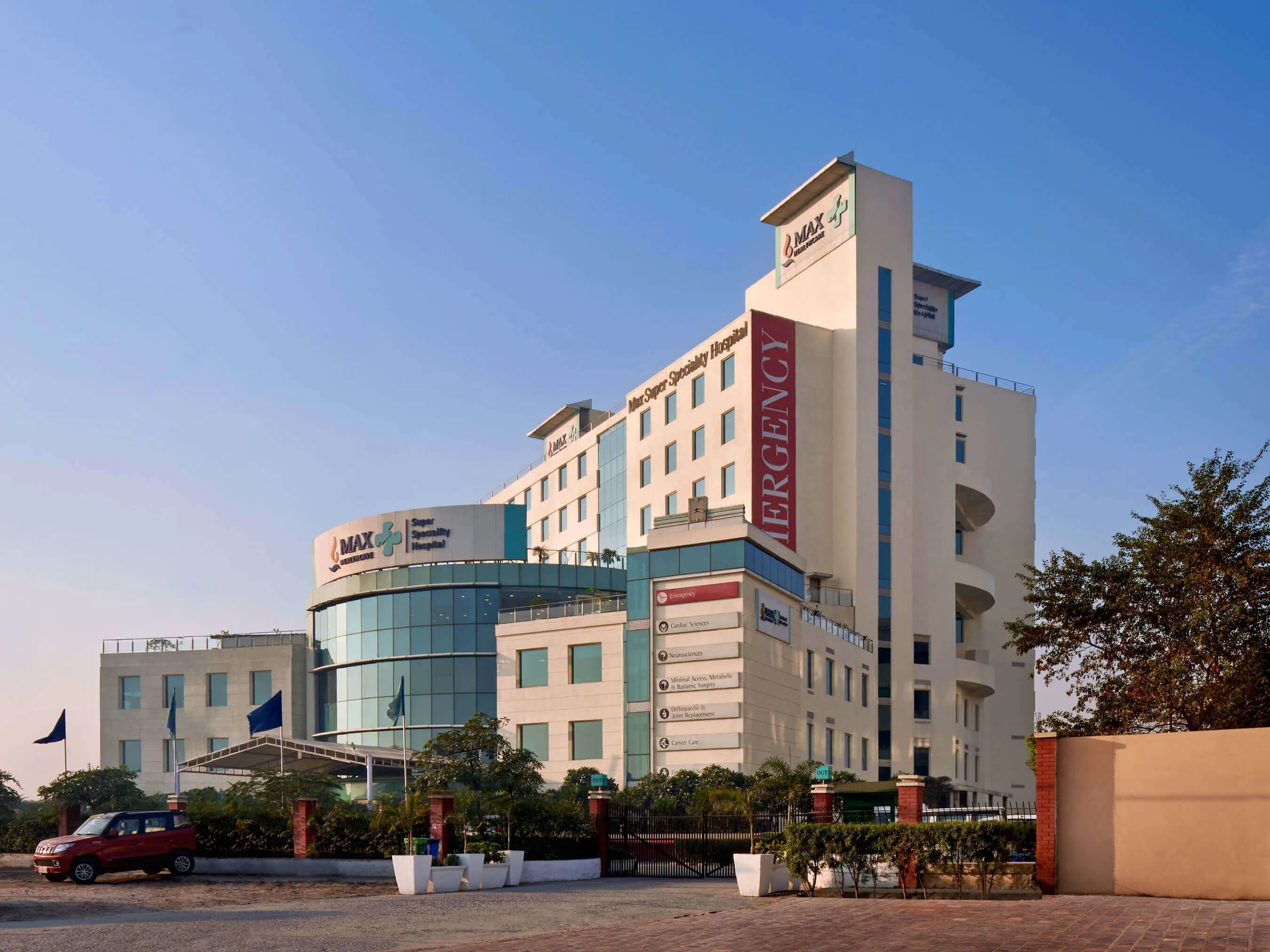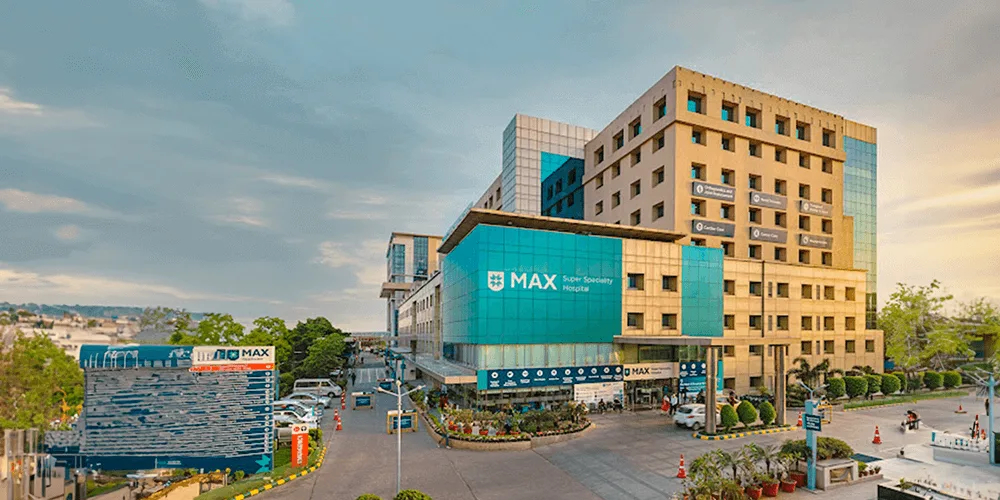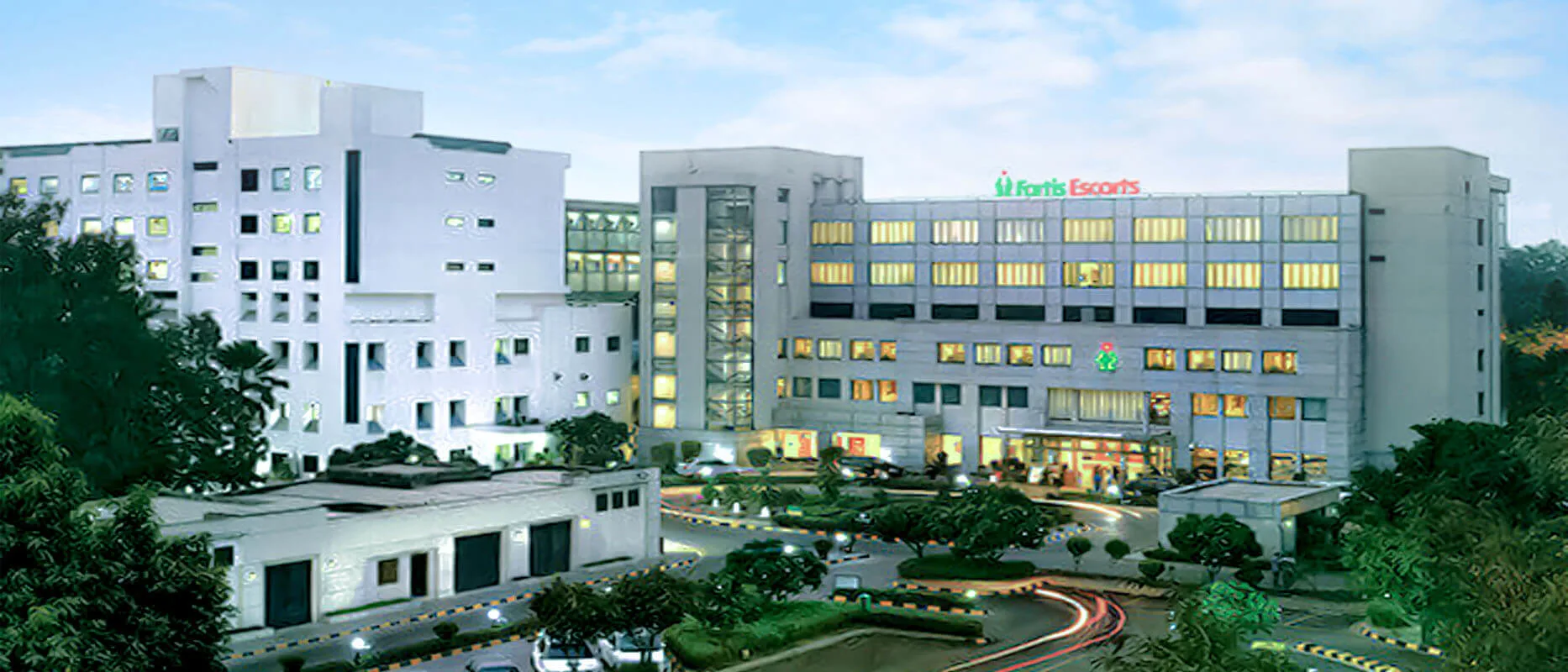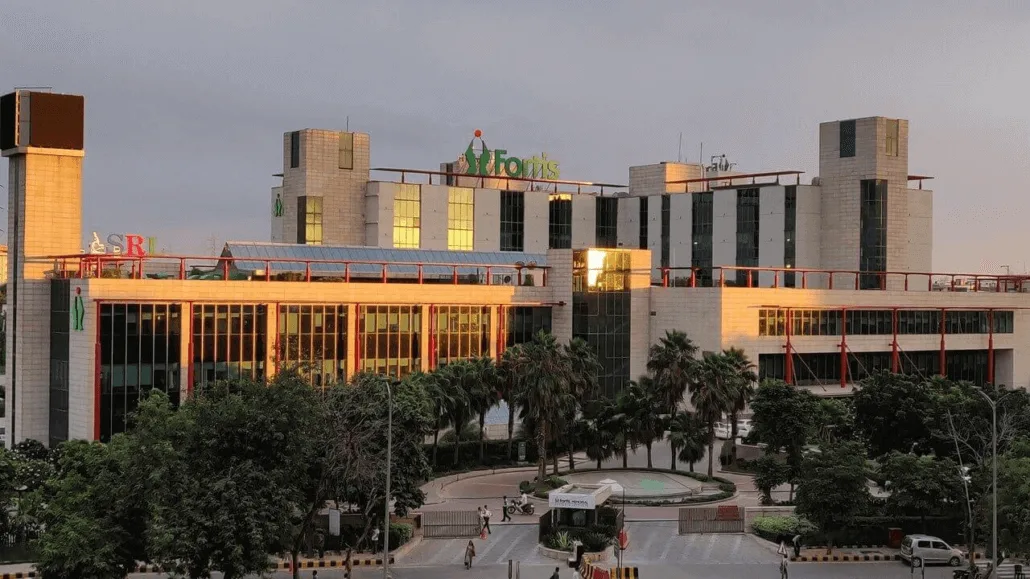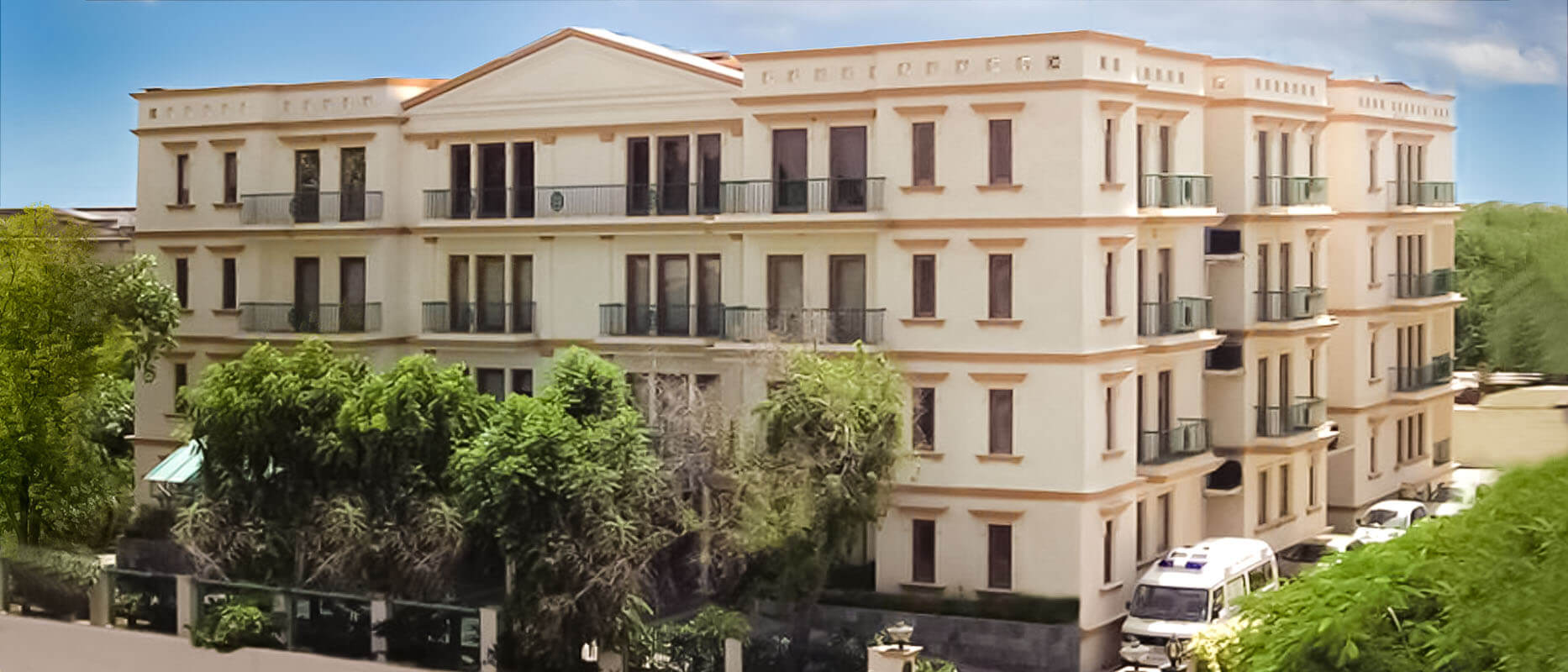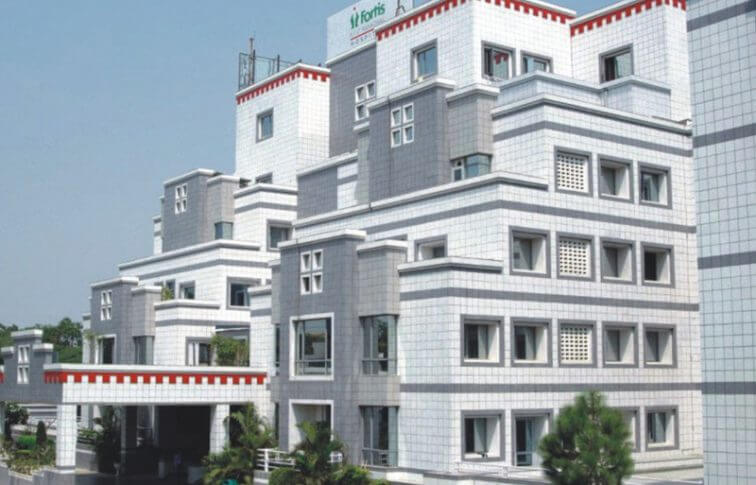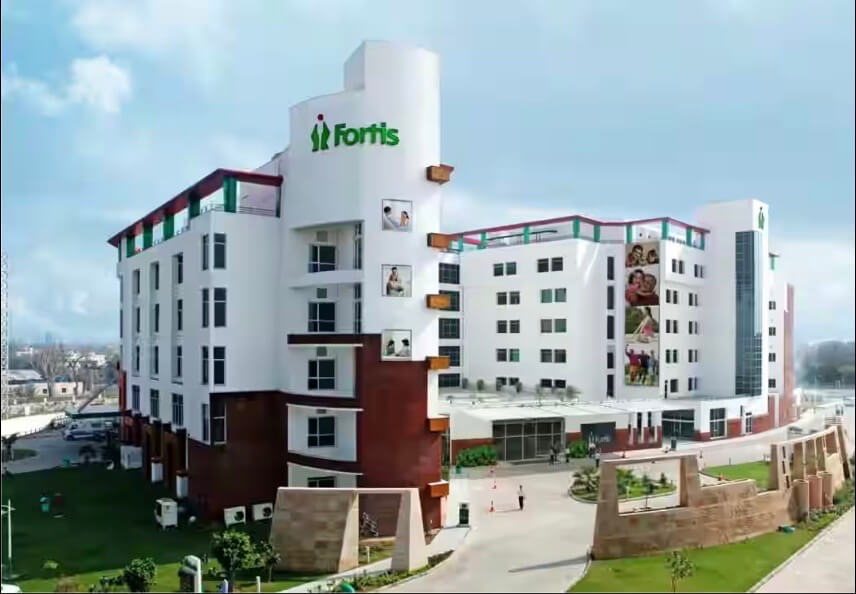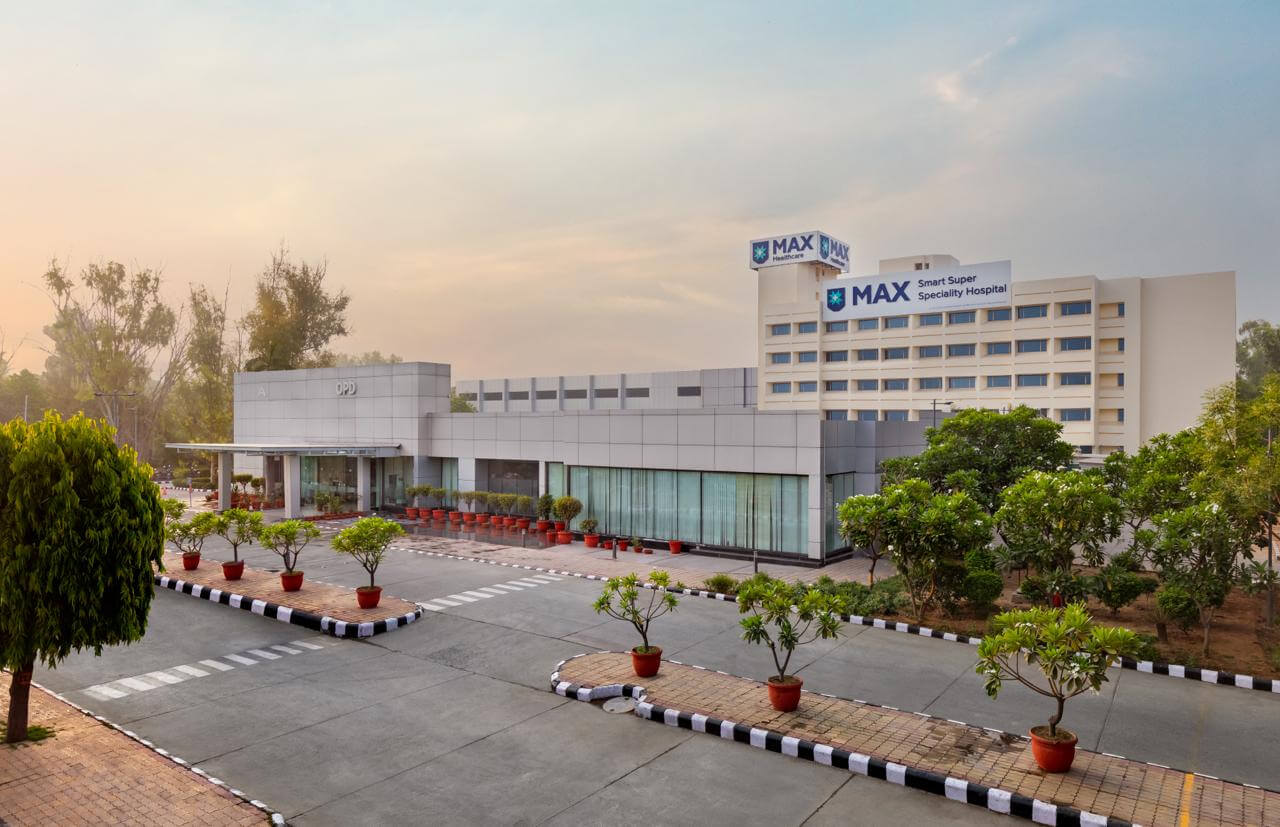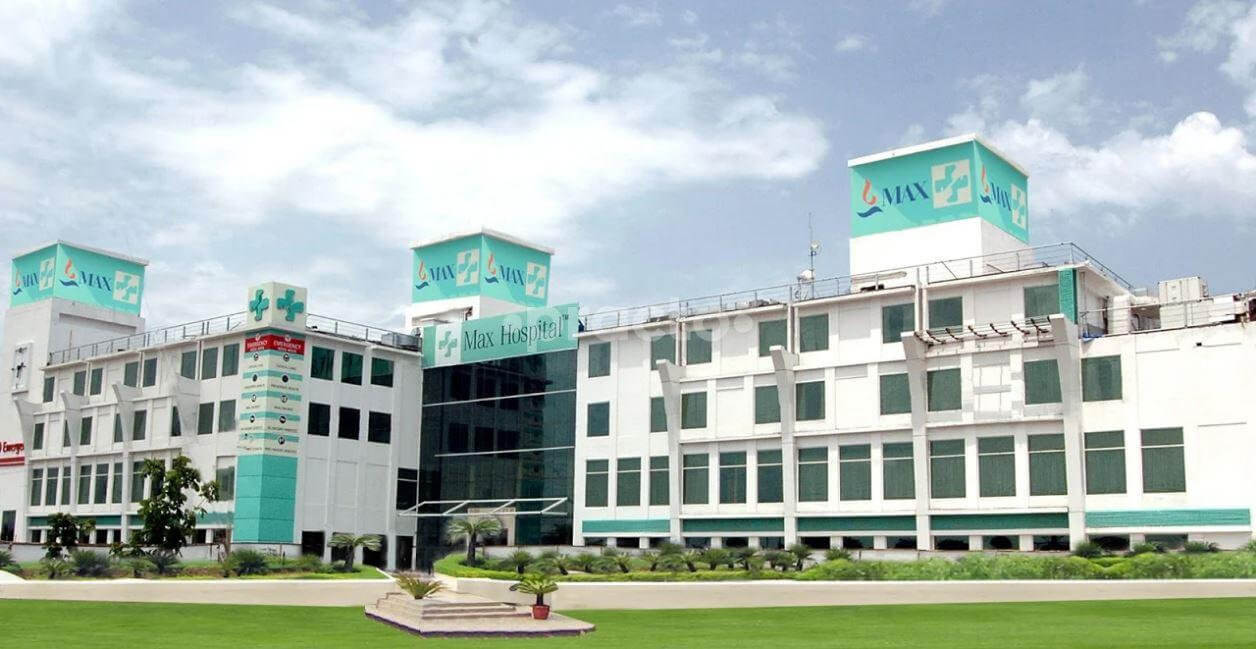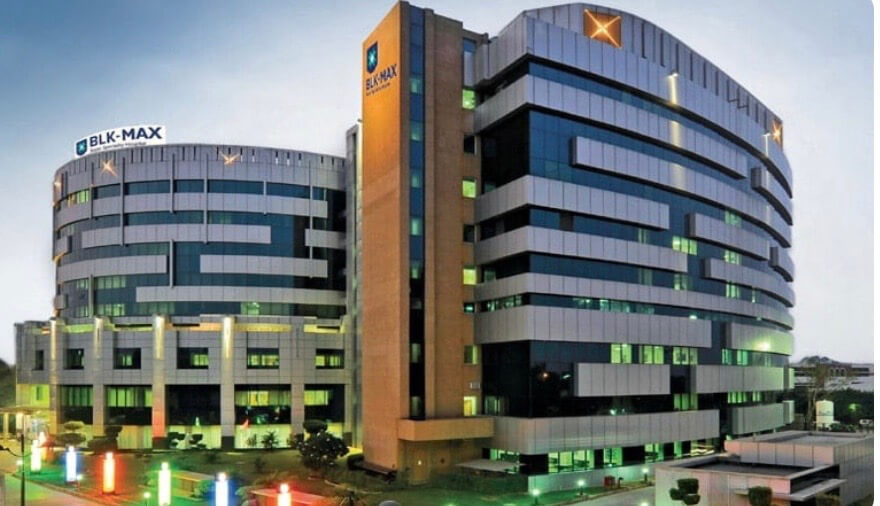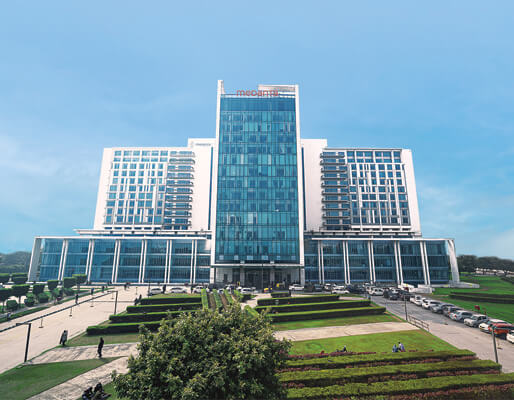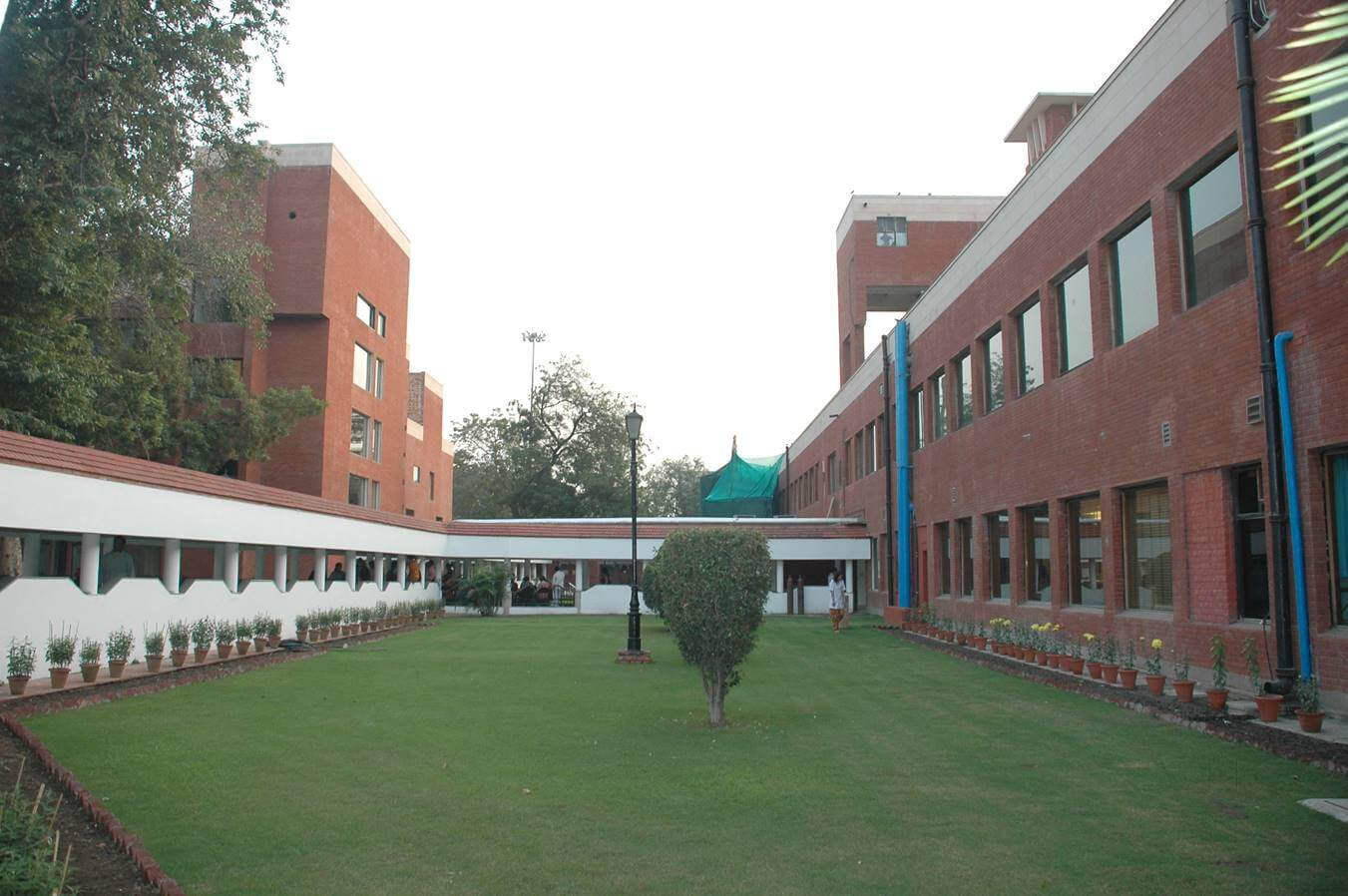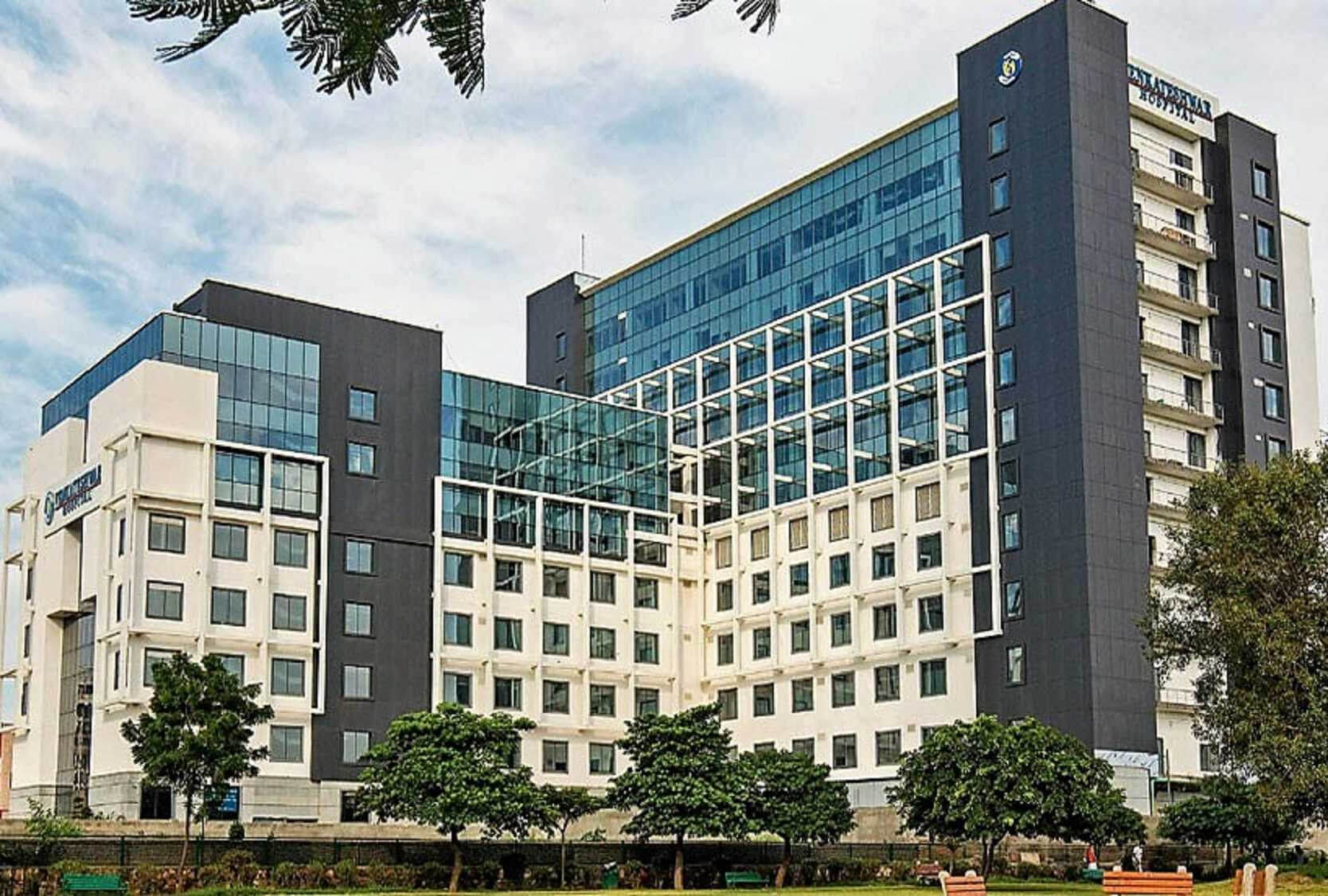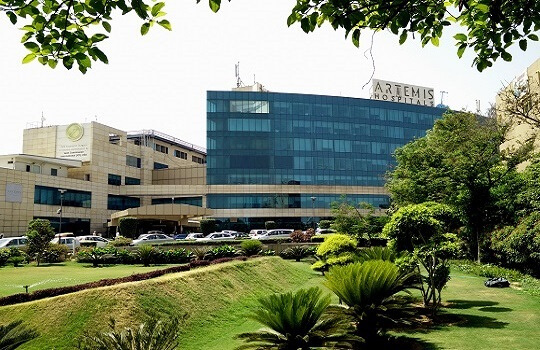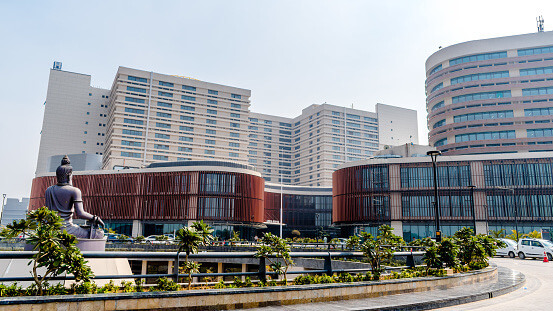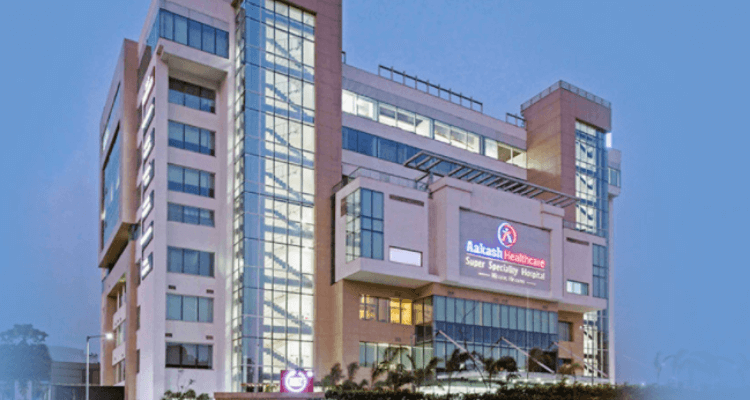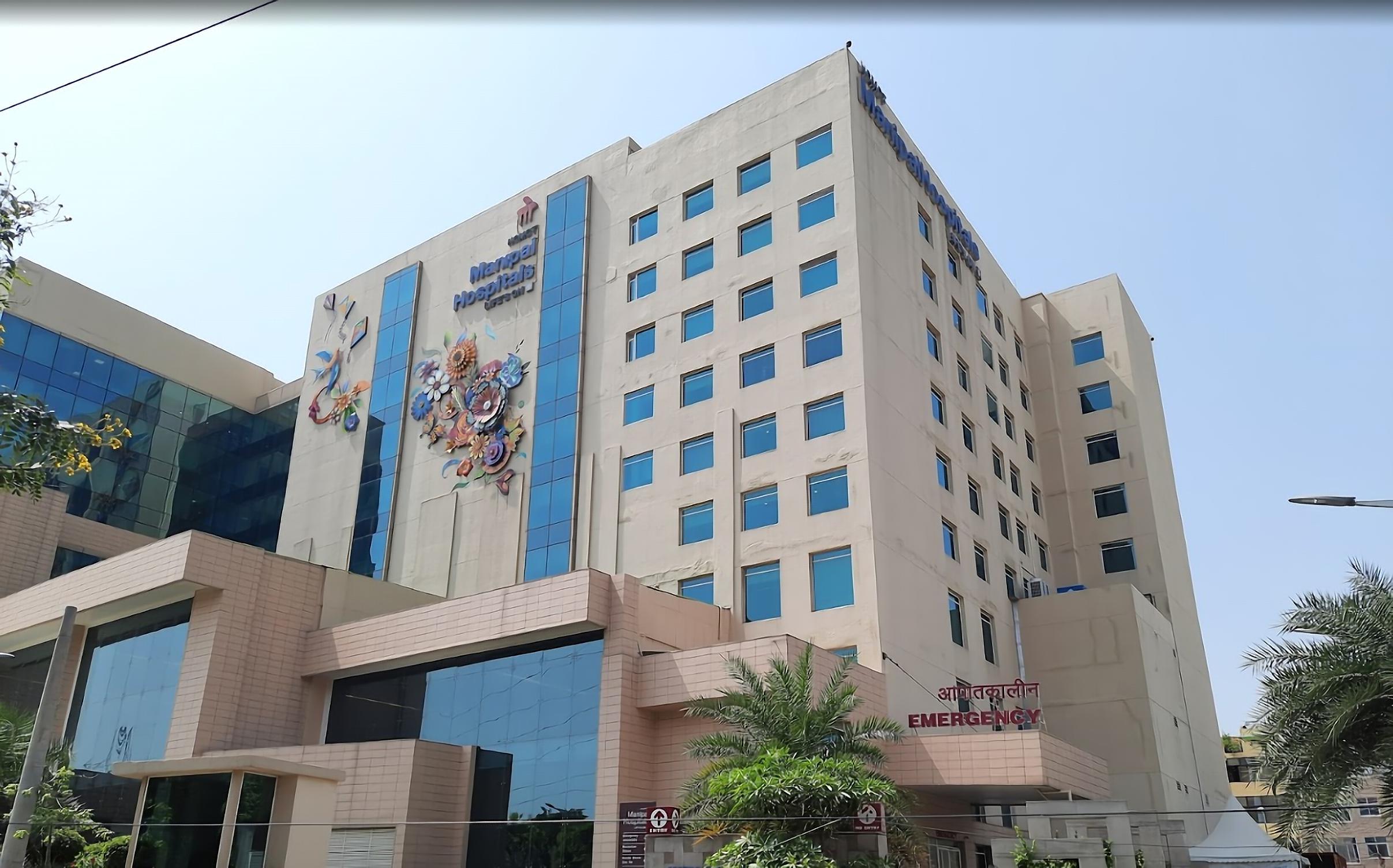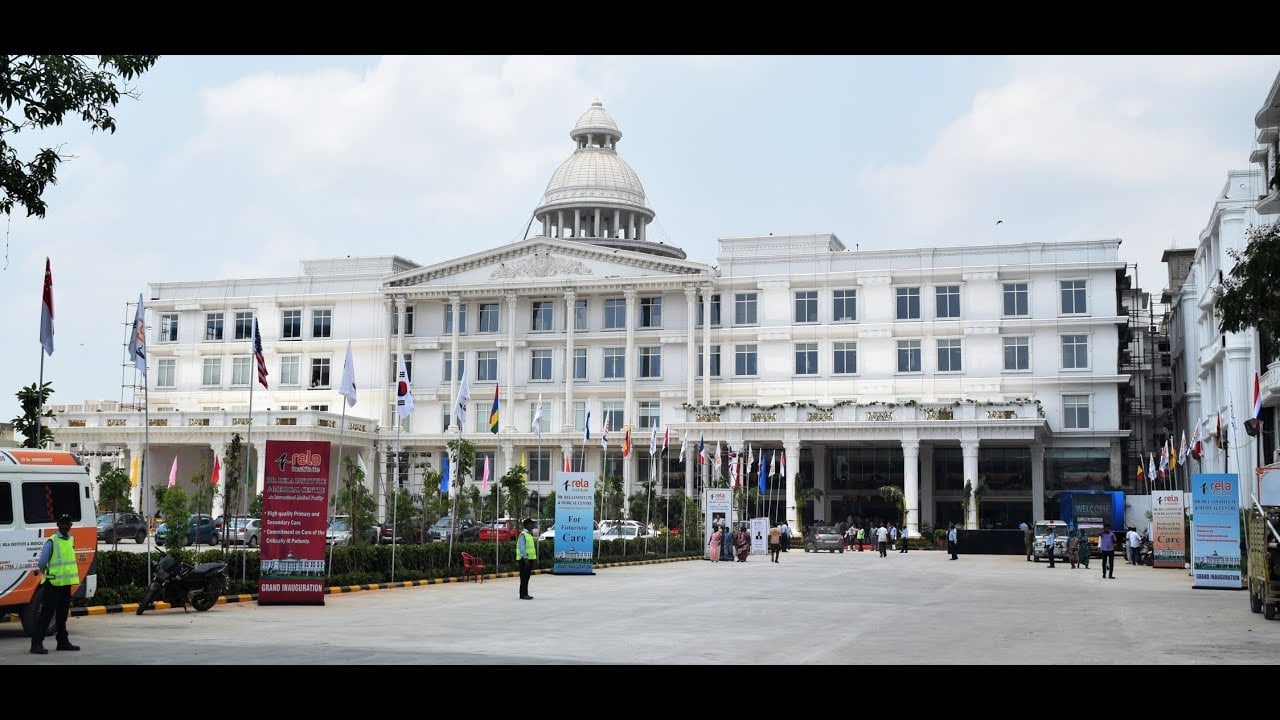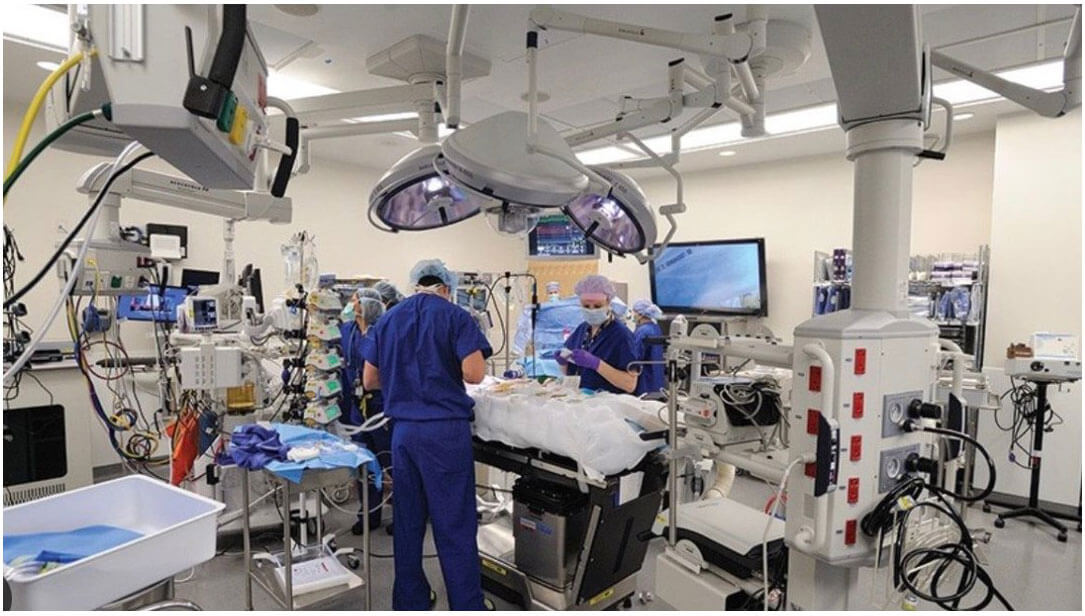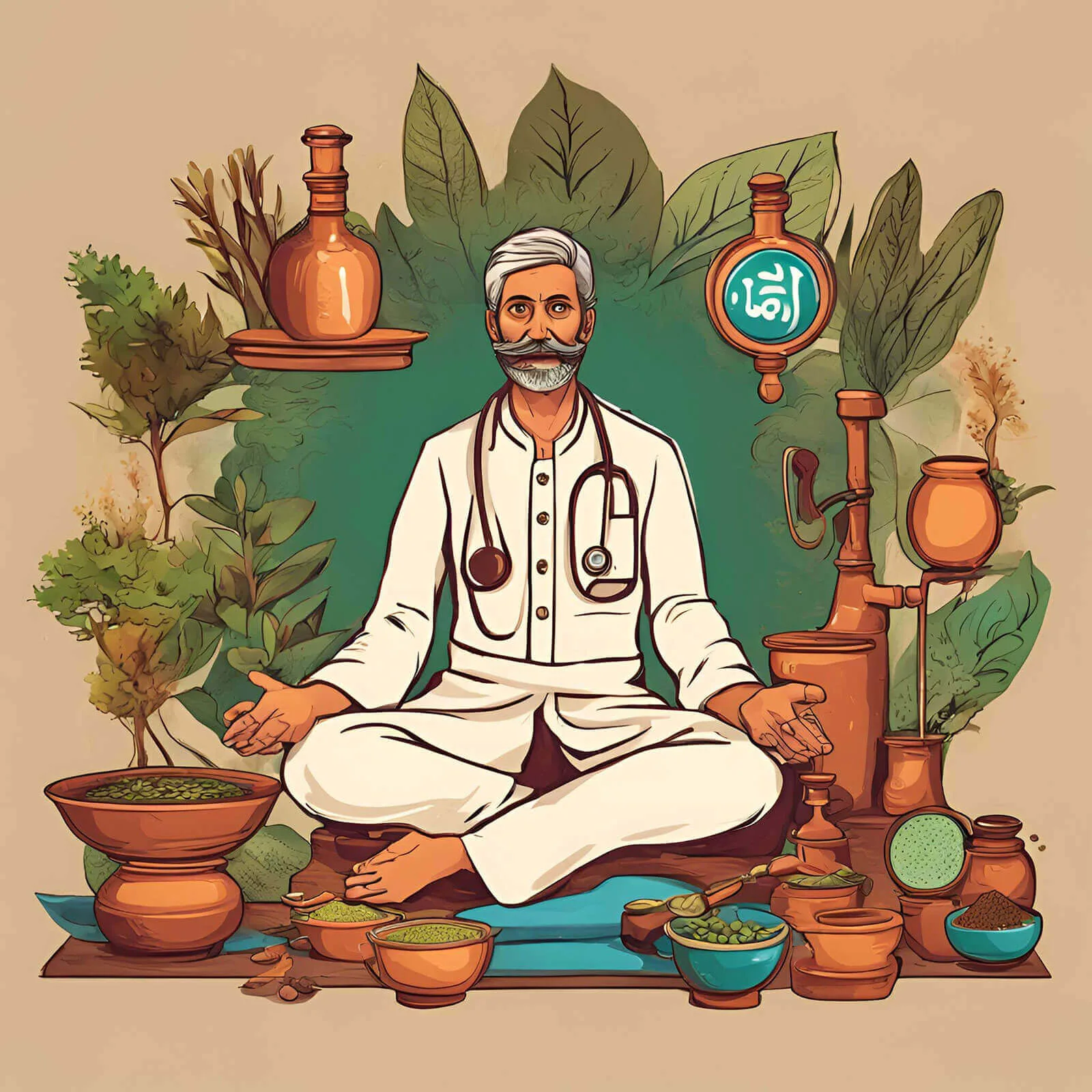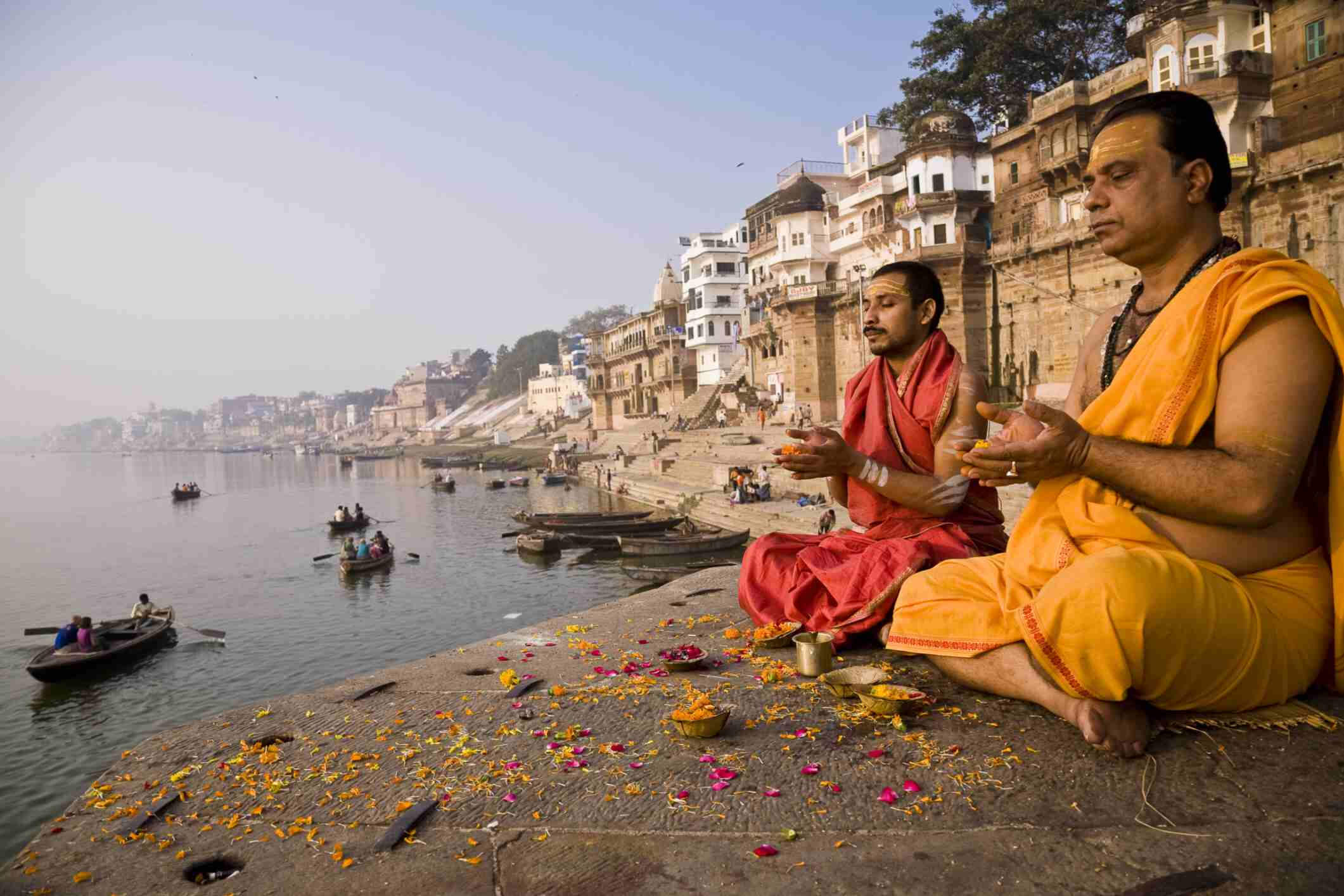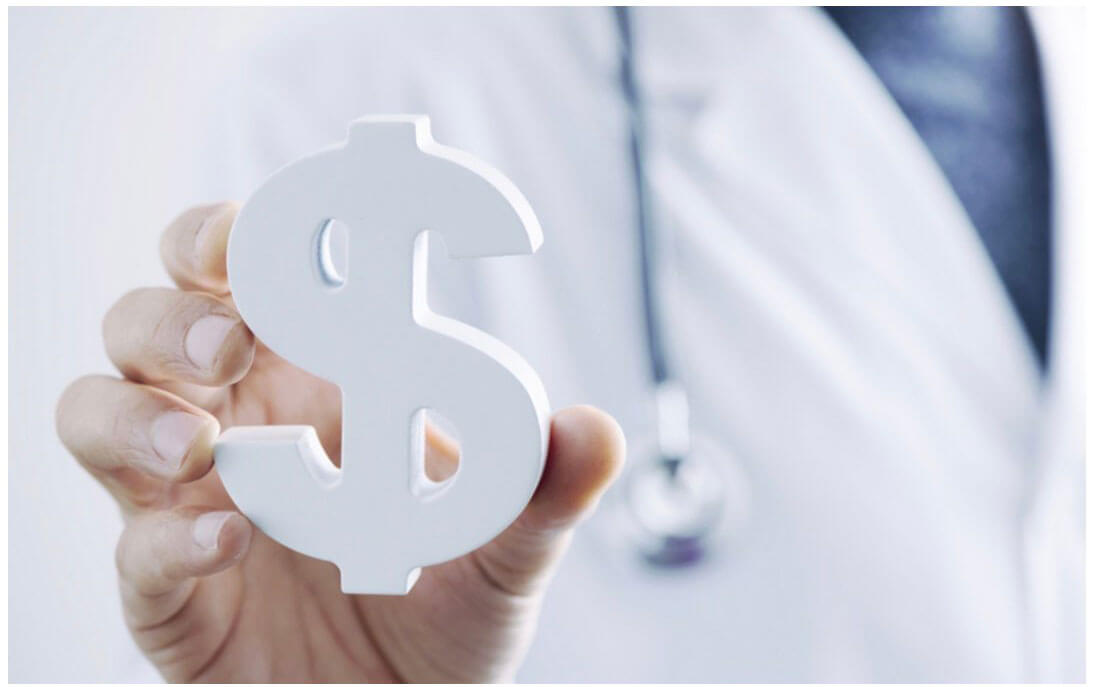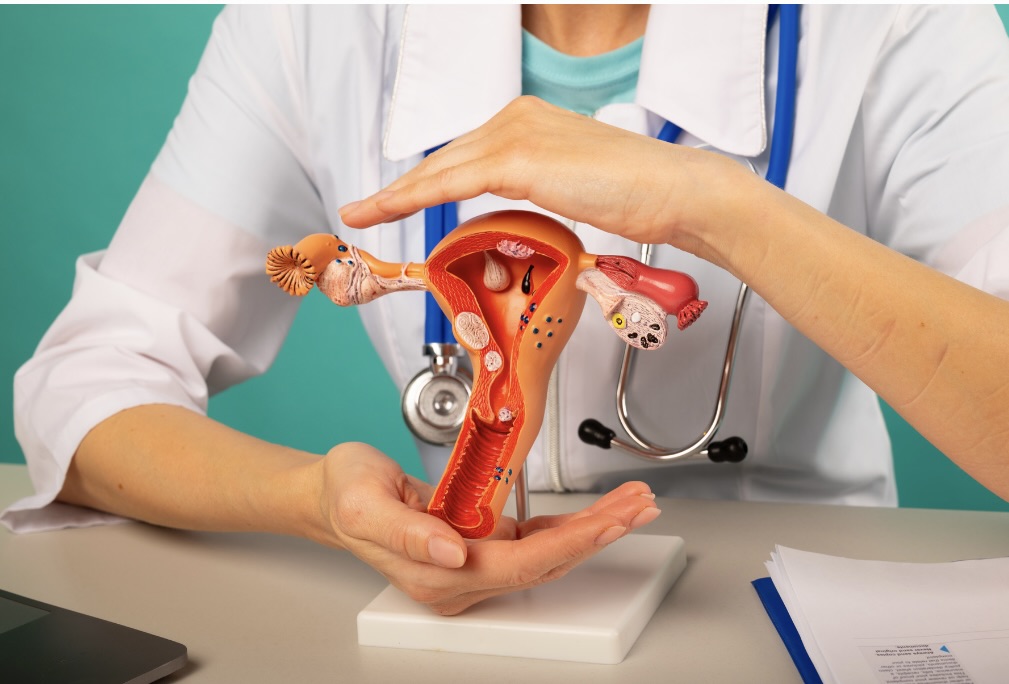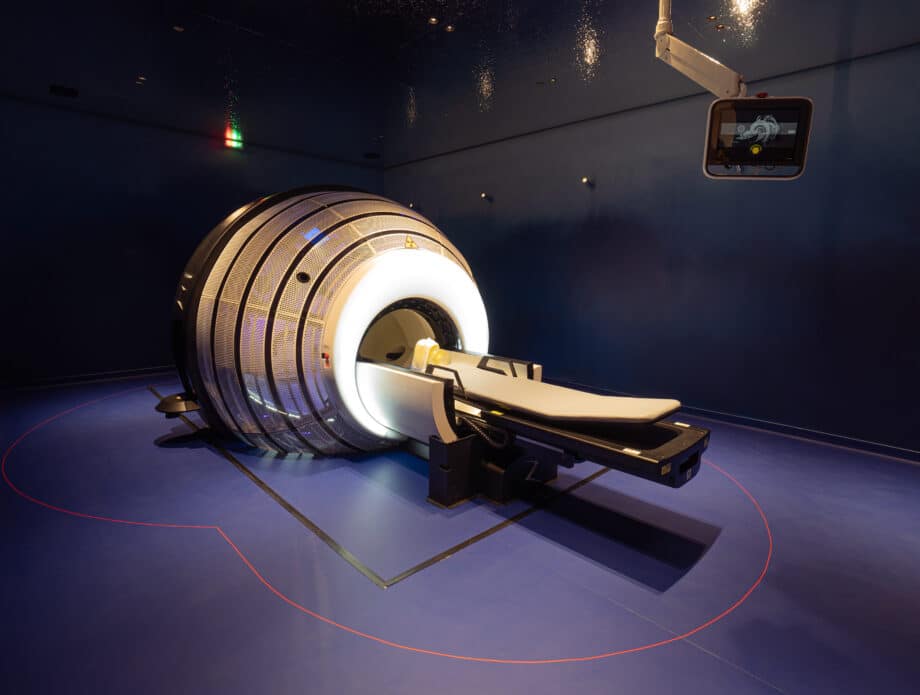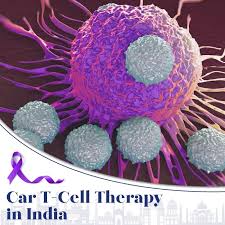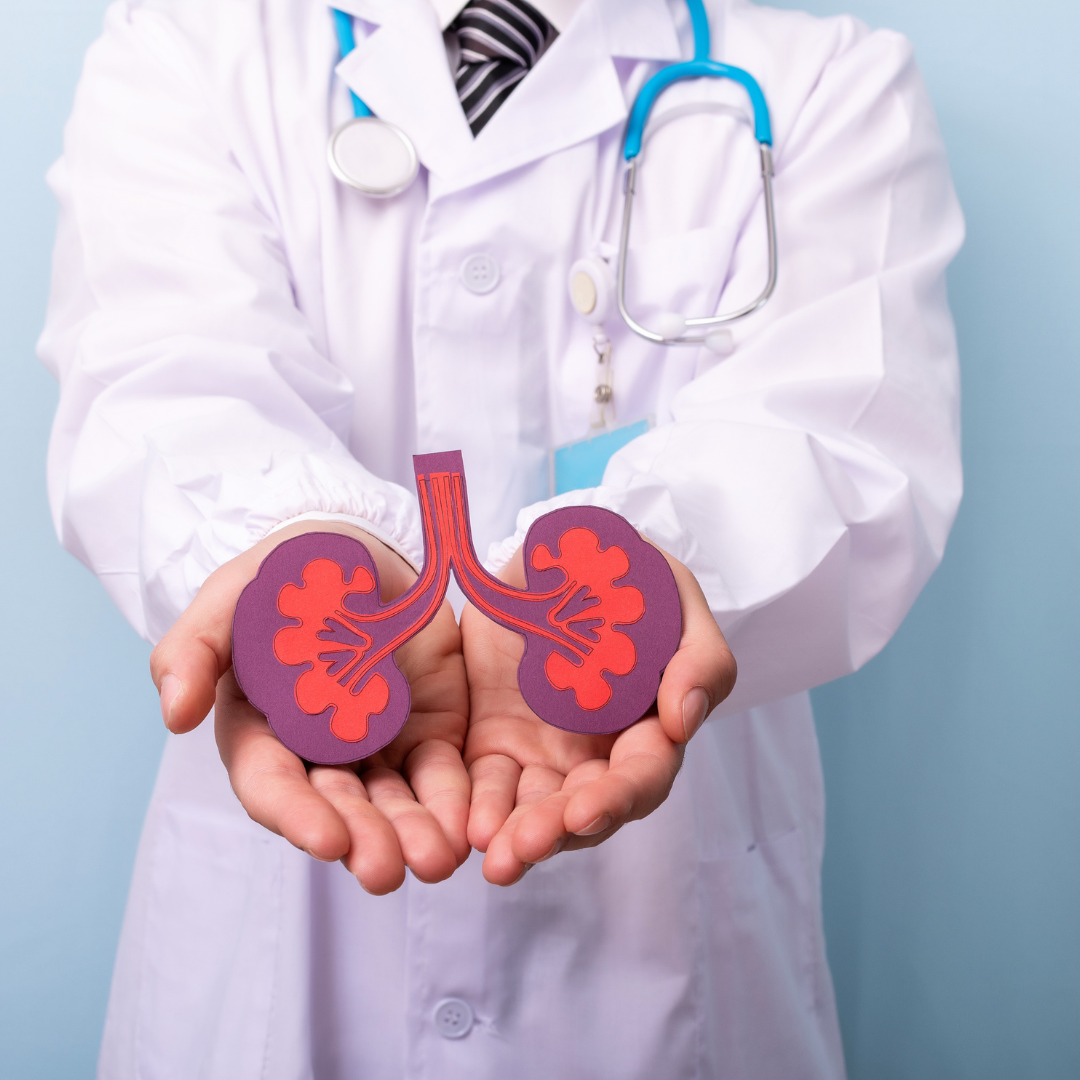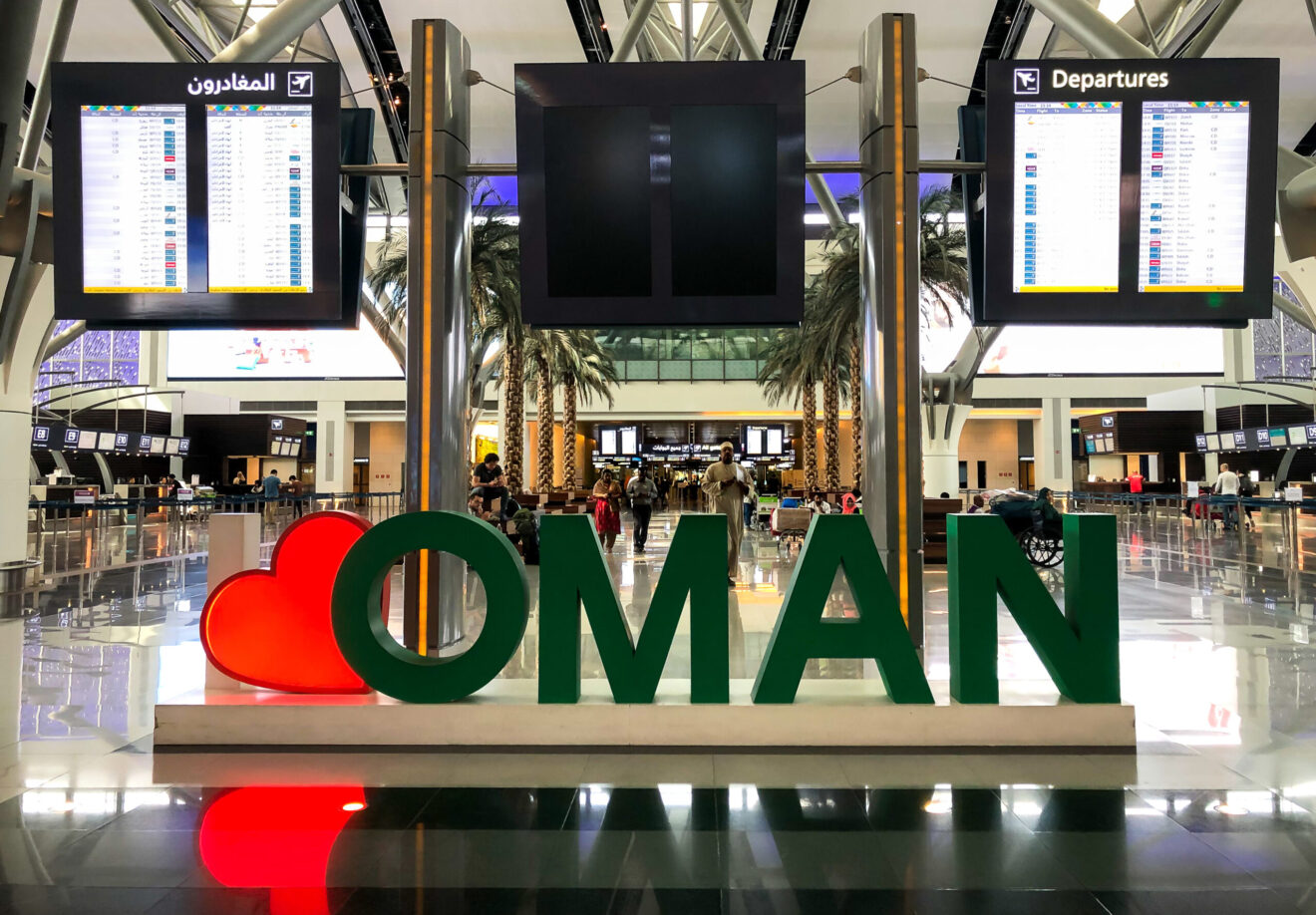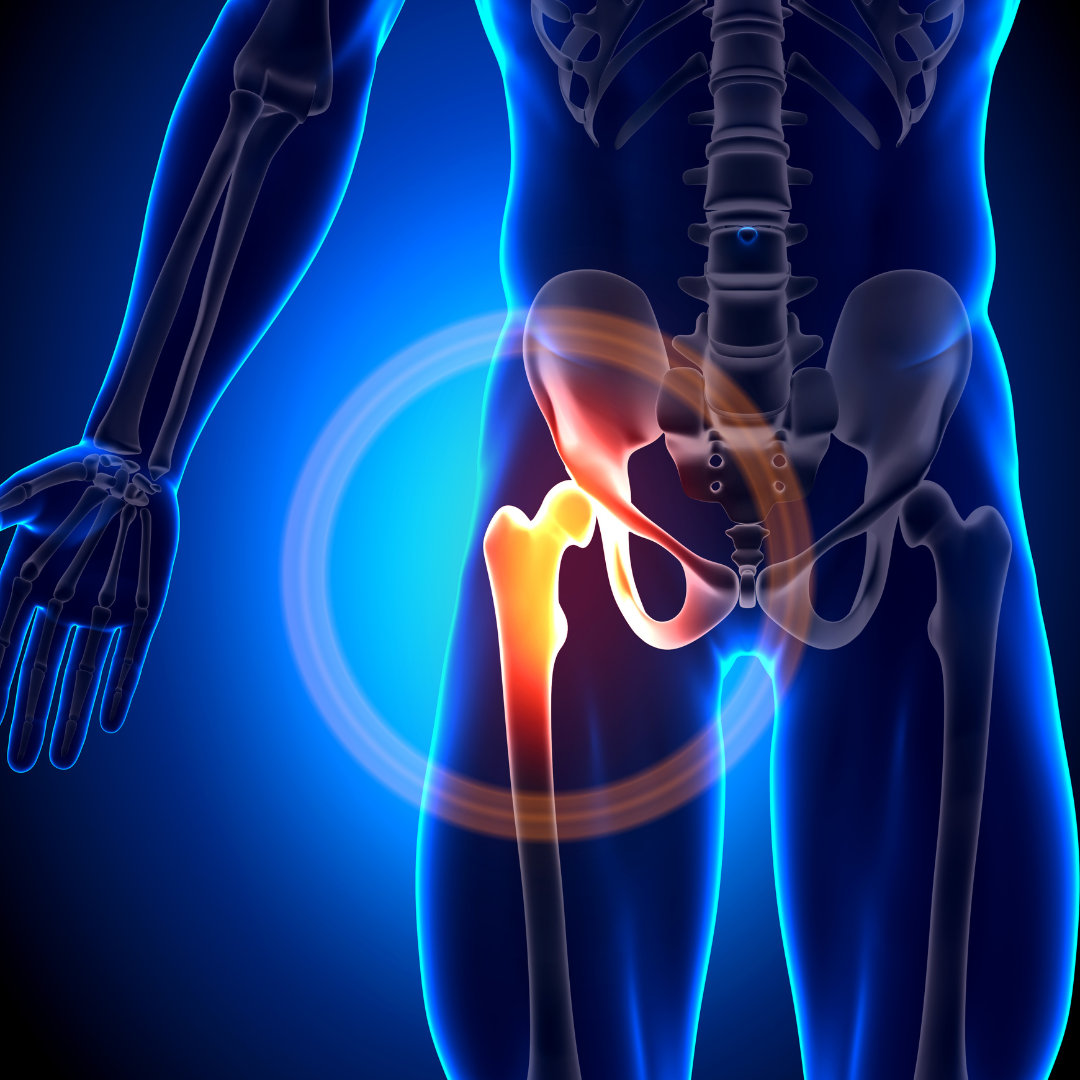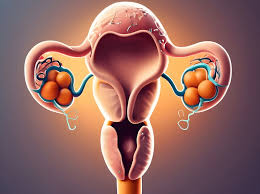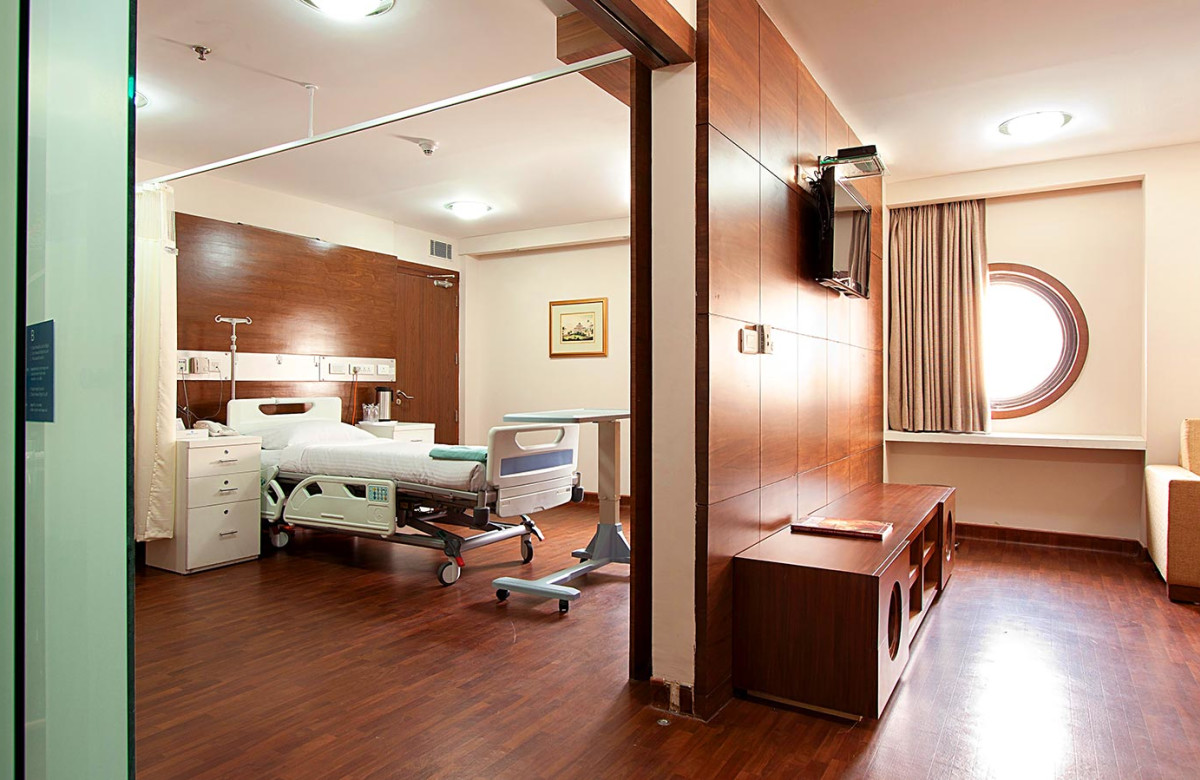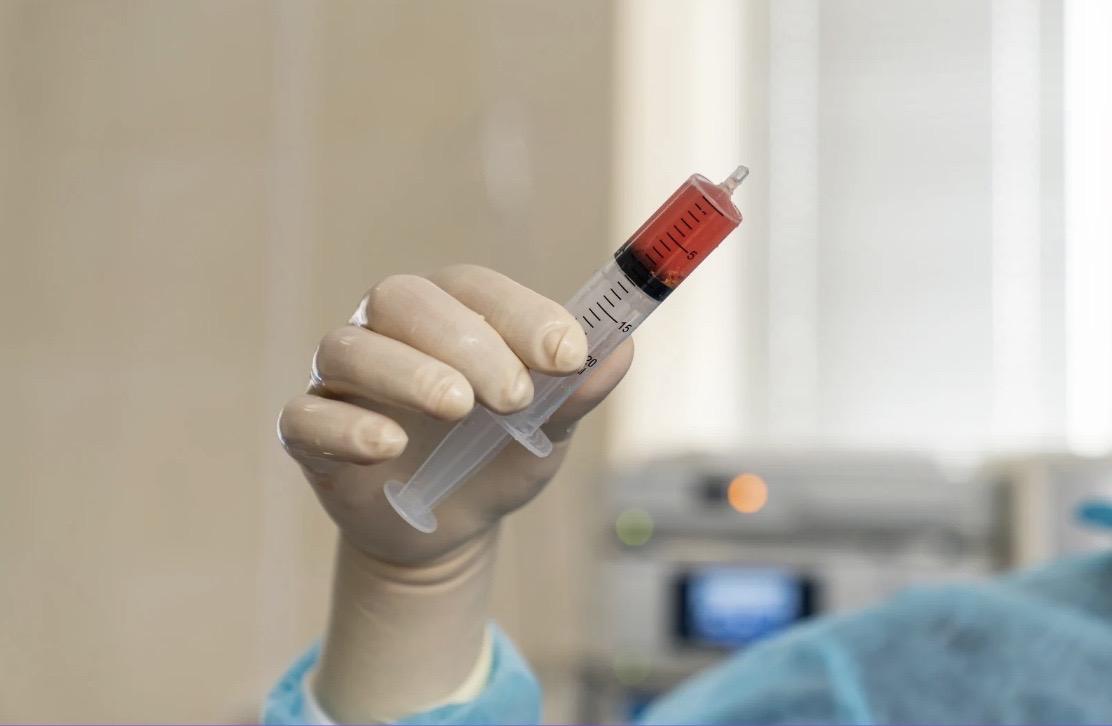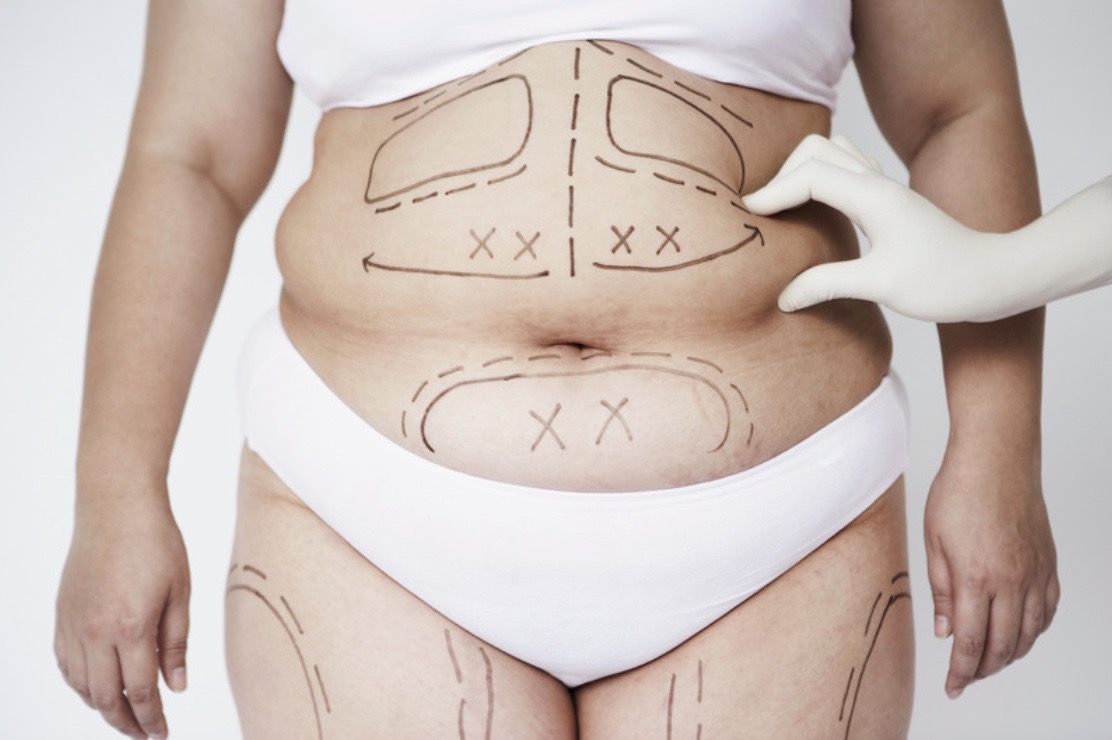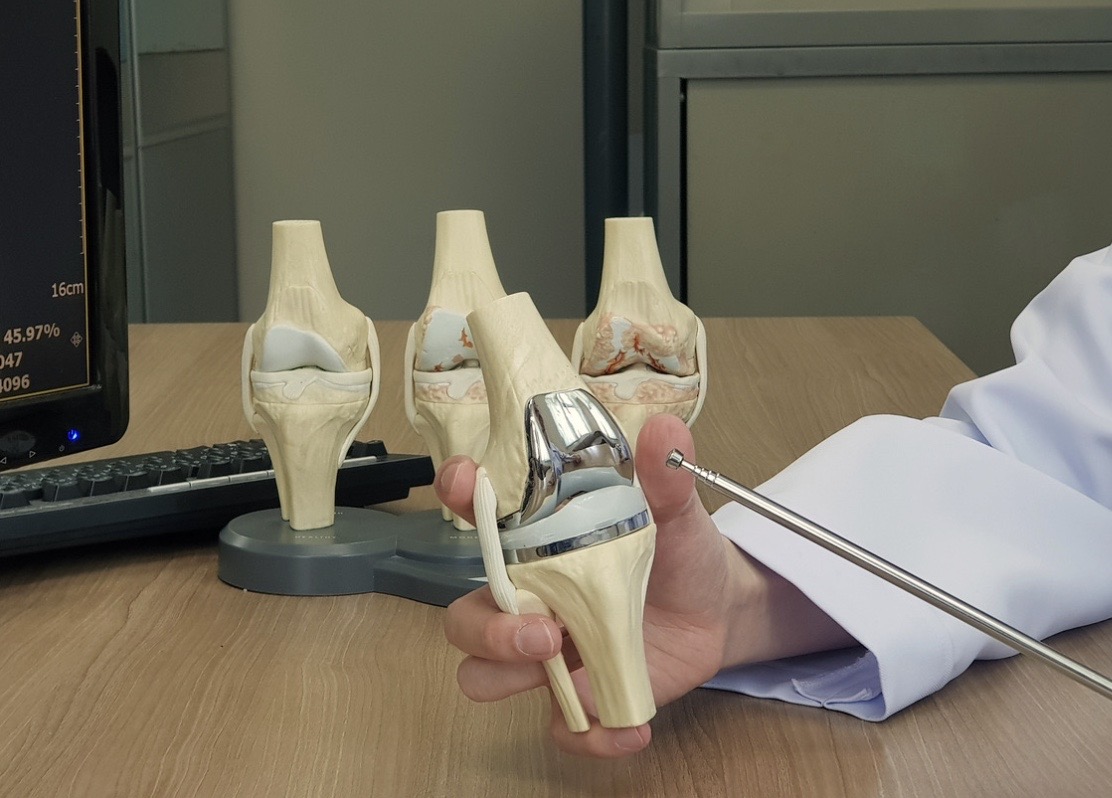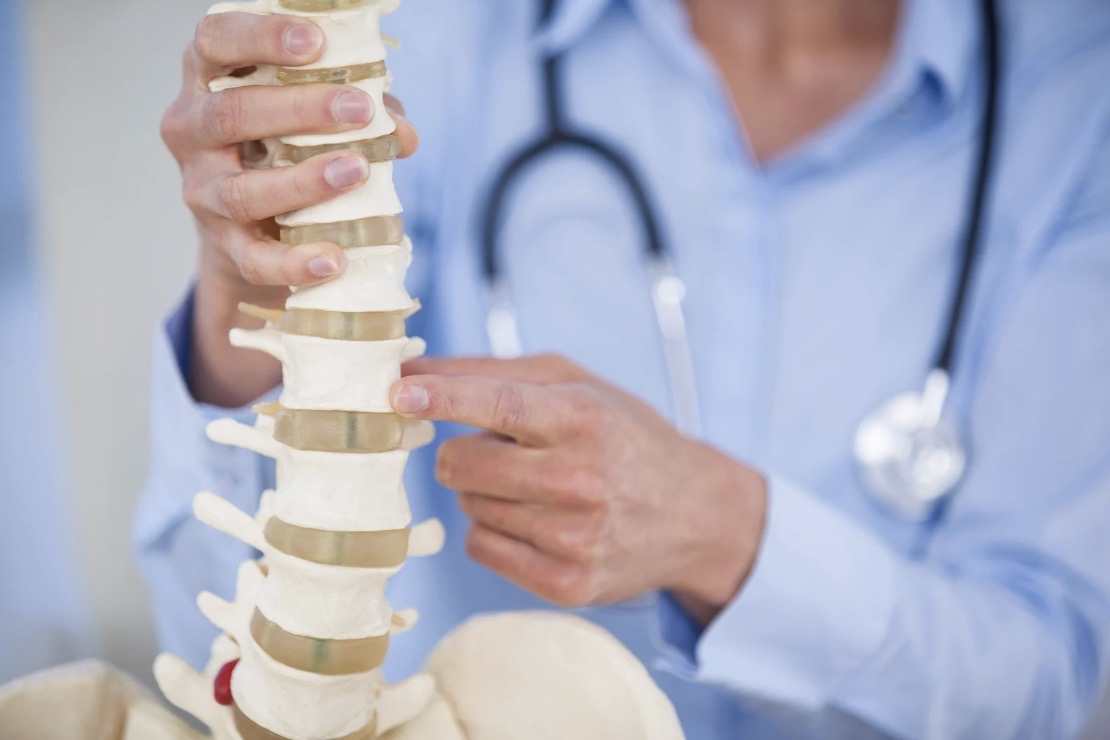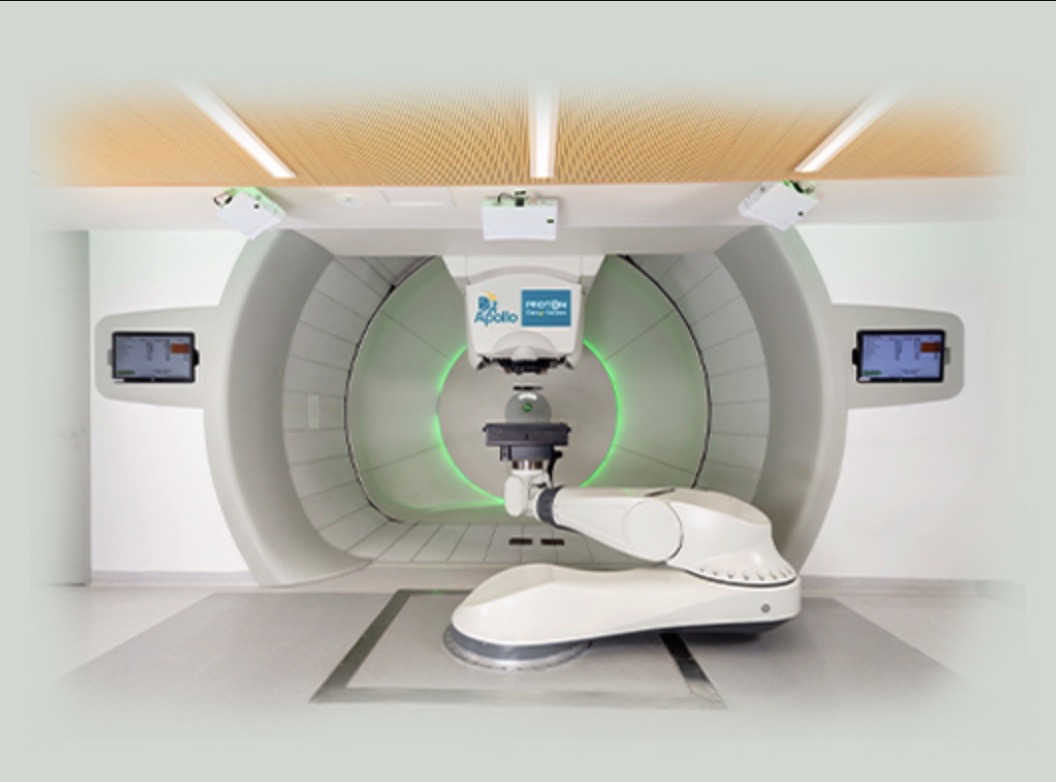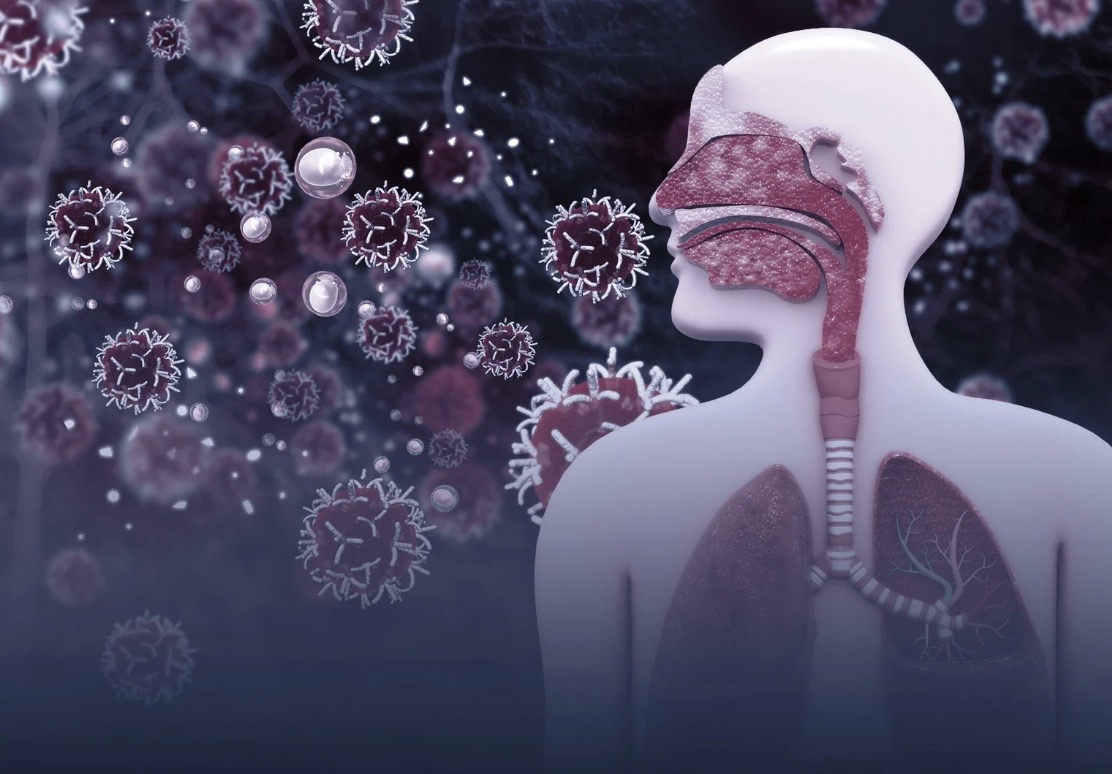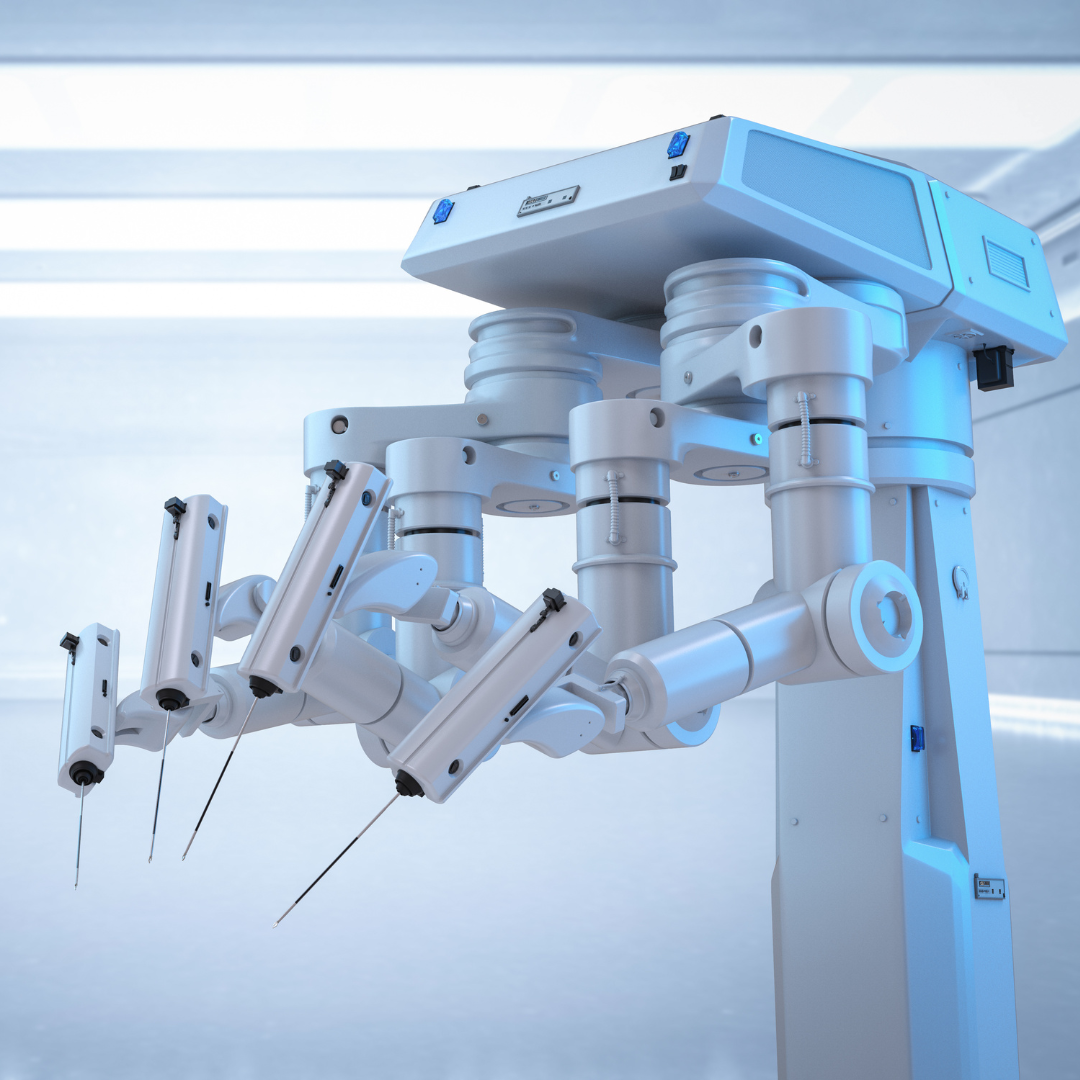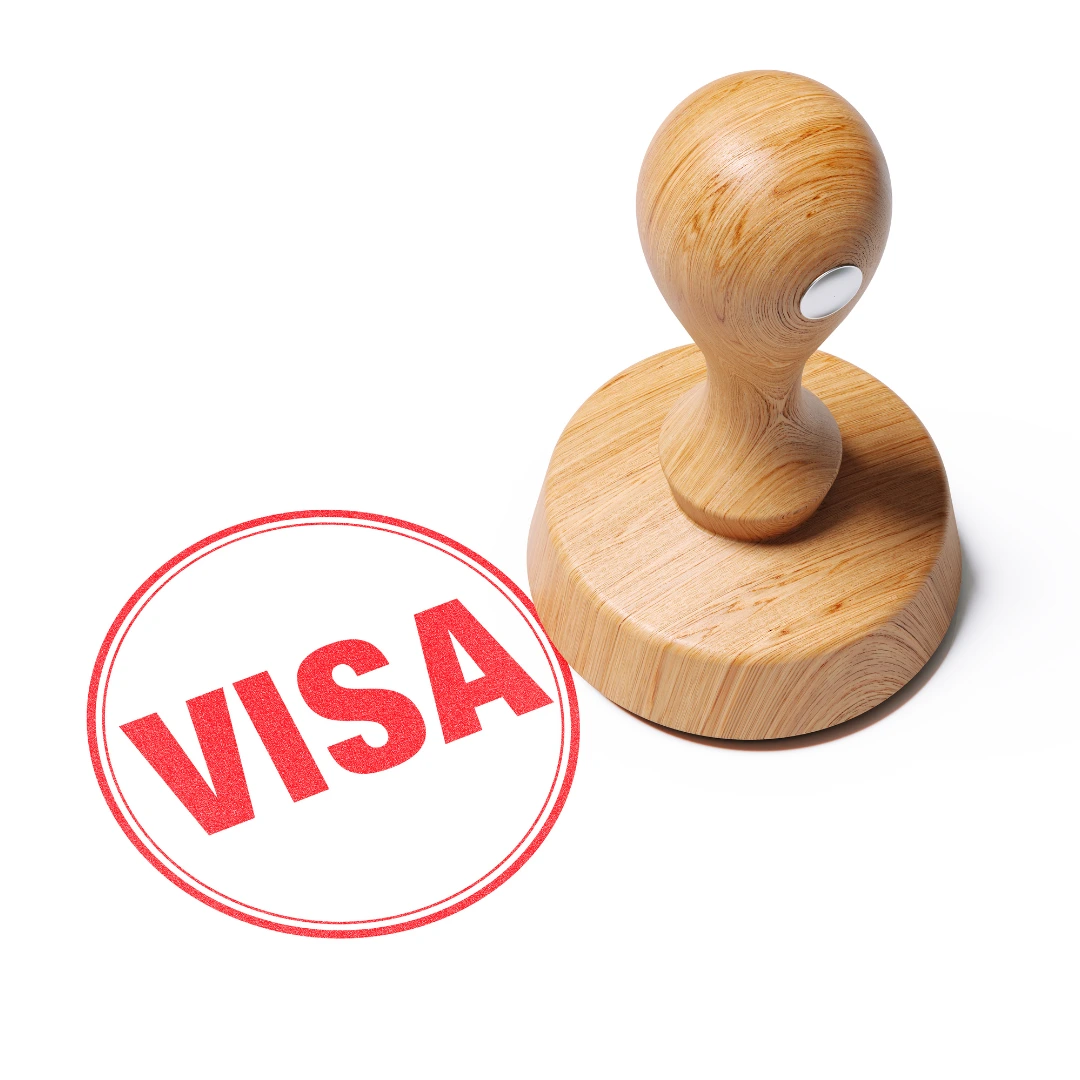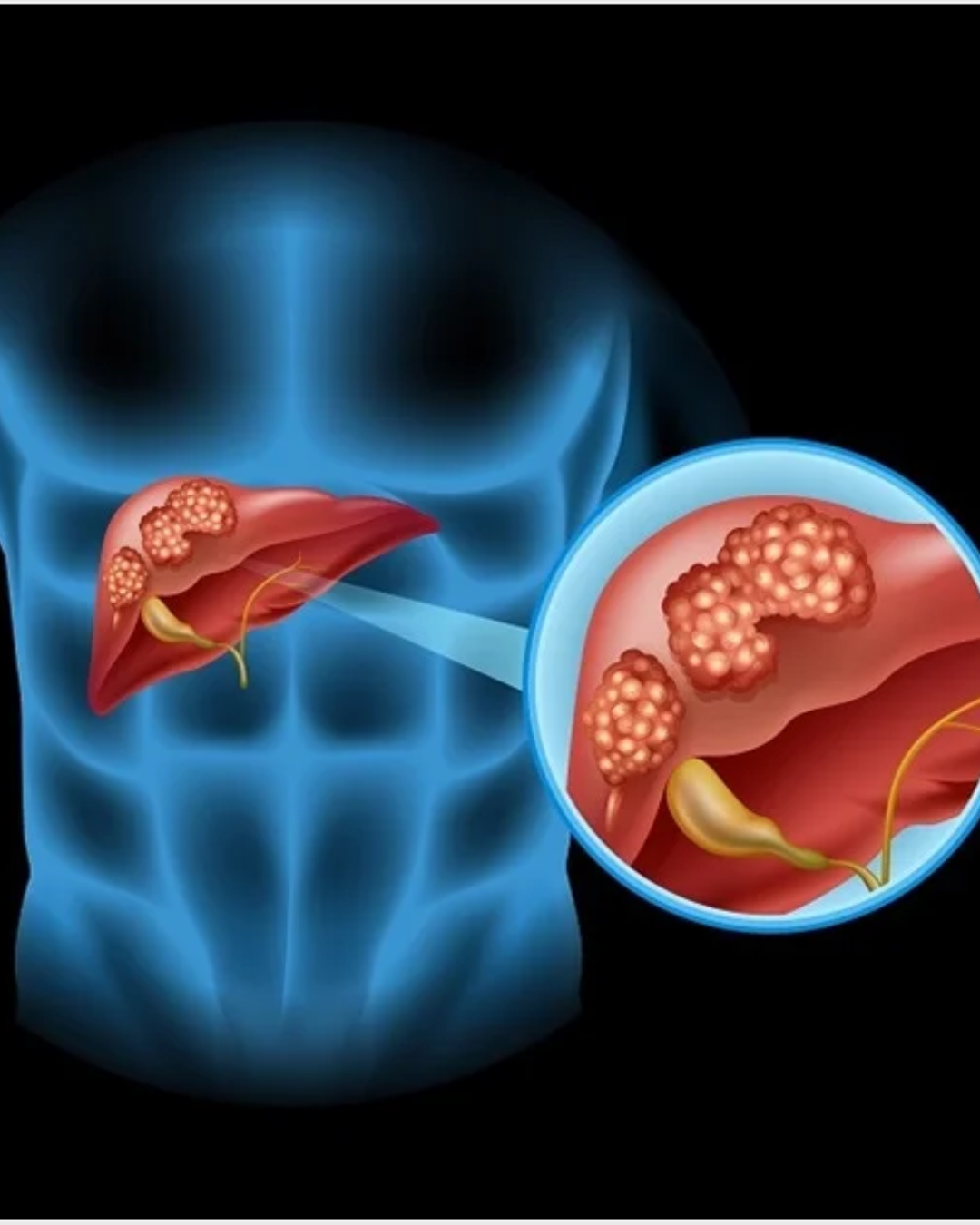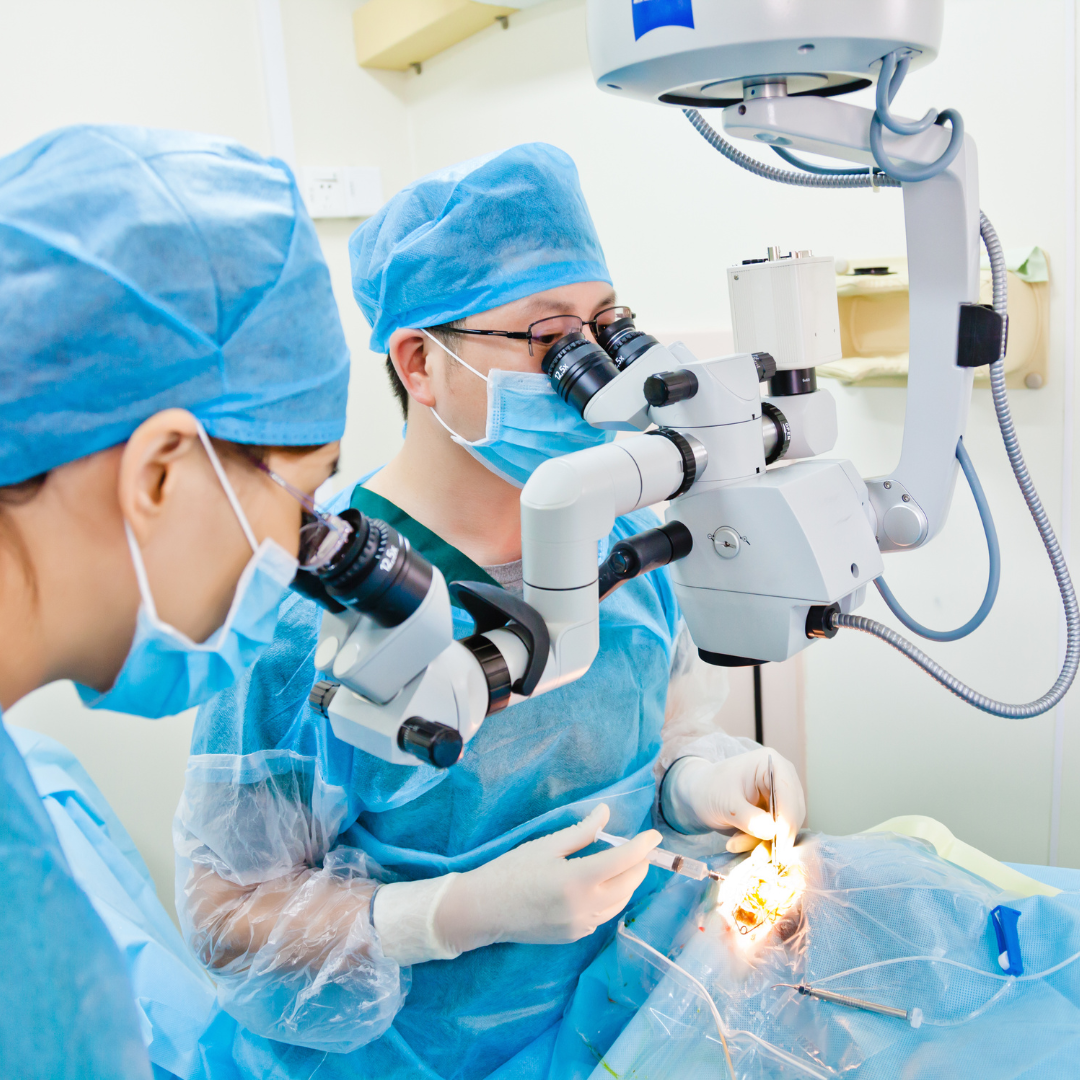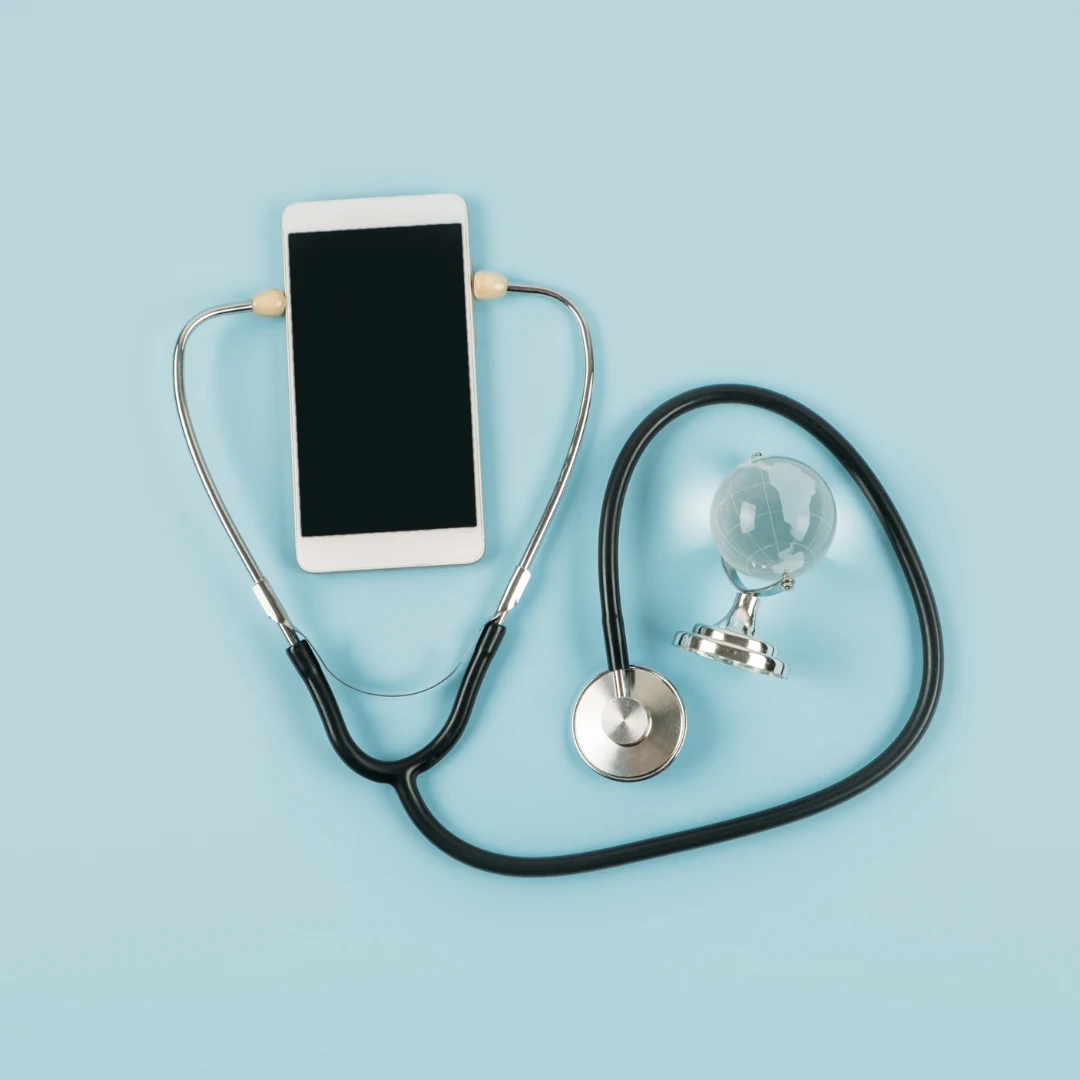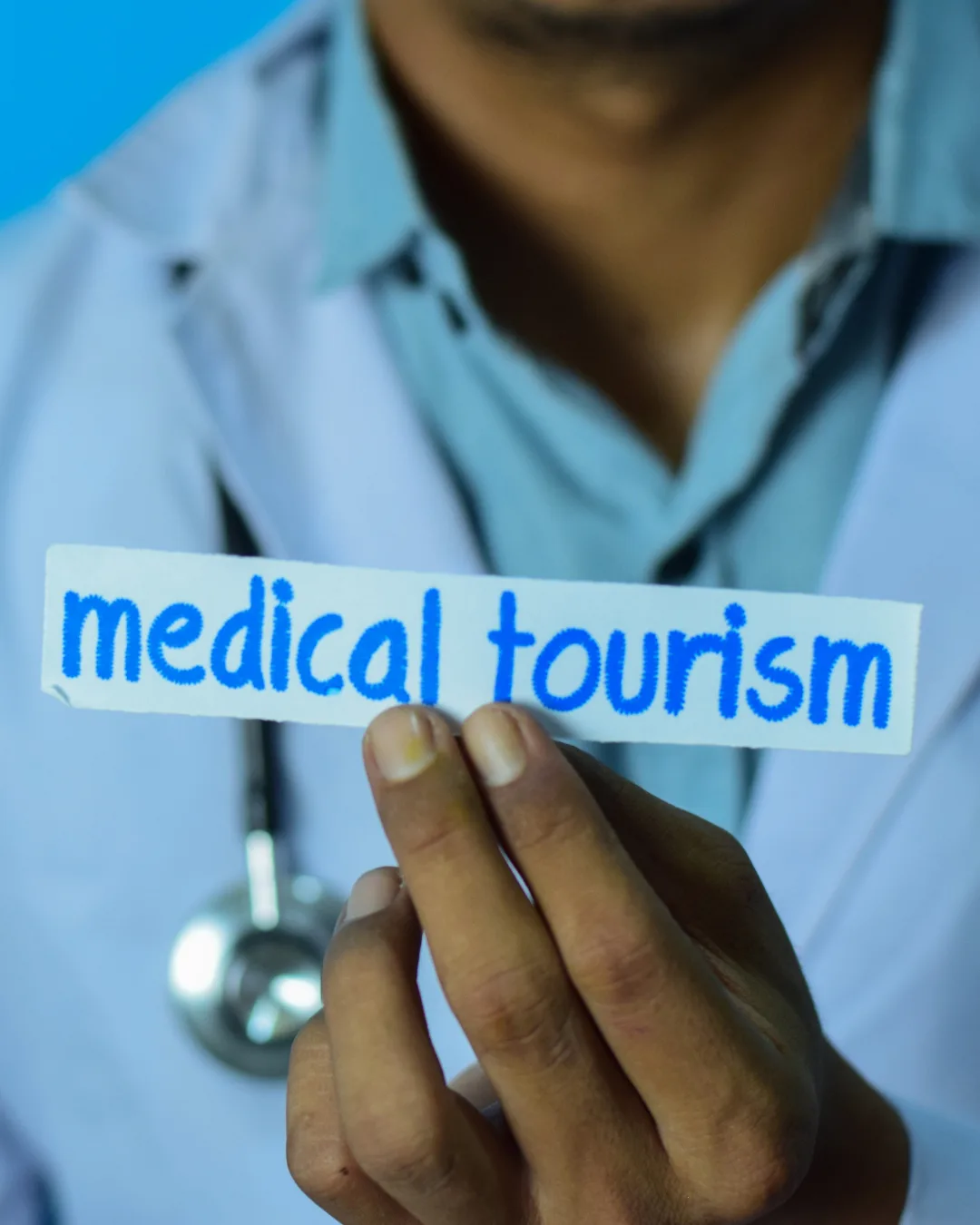Introduction
The replacement of an unhealthy heart with a healthy donor heart through surgery represents a life-saving operation. The medical procedure serves end-stage heart failure patients along with those who have severe heart disease beyond other treatment options. A specialist heart surgeon performs this demanding surgical task to optimize patient results. Heart hospitals with leadership positions operate sophisticated facilities through which they deliver specialized cardiac medical expertise to manage vital procedures. A heart surgeon performs three vital responsibilities during heart transplants including patient assessment before surgery, surgical procedure execution, and post-transplant care management. This procedure finds extensive practice at worldwide heart hospitals that provide modern machinery alongside individual patient plans. The selection of an appropriate heart hospital alongside a proficient heart surgeon directly influences the outcome of heart transplant procedures.
Cost Comparison
The cost of heart transplant treatment varies widely anywhere in the world, depending on the hospital, the stage of cancer, the type of treatment, the number of therapy sessions required, the patient’s overall health condition, post-operative complications and care, etc. The average cost of heart transplant in India is USD $11000.
But be assured as the cost of Heart Transplant in India is just a fraction of developed nations.
- Avg Cost of treatment - $40000
- Maximum cost of treatment - $60000
Factors affecting Cost Of Treatment
-
The expenses related to heart transplants in hospitals depend heavily on what heart hospital patients choose and their established reputation alongside their clinical infrastructure. Heart hospitals known for their excellence together with their advanced technology systems tend to charge higher rates for their services.
-
The level of expertise possessed by the heart surgeon influences the total cost of the procedure. Expertise and precision received from highly qualified heart surgeons leads to increased surgical costs.
-
The cost depends heavily on three aspects: the search for suitable organ donors followed by the logistical aspects of heart transportation and preservation procedures in leading heart hospitals.
-
Medical tests together with pre-surgery medications increase the total expense costs in heart hospitals before the transplant procedure.
-
The expense rises when patients need ongoing heart surgeon observation combined with post-operative check-ups and prolonged medication treatment after heart transplantation.
-
The expense of heart transplants depends on both where the surgeon practices medicine and the facilities that heart hospitals offer in addition to the selected country and city location
Treatment Options
-
Before heart transplant evaluation starts heart hospitals will advise patients to follow medication treatment for controlling heart failure symptoms. The heart surgeon conducts evaluations of these medication treatments to decide whether surgery will proceed.
-
The mechanical Left Ventricular Assist Device functions as a blood pumping system that supports weakened hearts in their operation. Heart hospitals employ LVADs both temporarily before transplantation and permanently for patients who cannot receive surgery.
-
A heart surgeon will install Total Artificial Heart (TAH) devices to substitute a failing heart until a suitable donor heart is available. The leading heart hospitals maintain a service for critically ill patients to receive this treatment option.
-
The procedure of heart transplant surgery involves a heart surgeon substituting a diseased heart with a healthy one from donor origin when no other treatments prove effective. The complex procedure of TAH requires specialized care from hospitals which focus on heart treatment.
-
Health professionals specializing in heart surgery need to continue observing their patients post-surgical to stop rejection and fight complications. The majority of heart hospitals maintain dedicated transplant units which provide specialized care to their long-term patients.
-
Heart surgeons and medical staff from heart hospitals instruct patients about dietary choices and exercise routines along with prescription medication to achieve long-term transplant success.
How Medotil Assists International Patients
Medical Visa Assistance
- Guides patients through the process of obtaining a medical visa for India.
- Provides necessary documentation support, such as invitation letters from hospitals.
Accommodation Arrangements
- Helps secure comfortable and affordable lodging near treatment centers.
- Offers a range of options, including guest houses, hotels, or serviced apartments.
Food Services
- Assists in arranging dietary preferences, including international cuisines and special diets for medical needs.
Transportation Support
- Provides airport pickup and drop-off services.
- Offers reliable transportation for hospital visits and local travel.
Hospital and Doctor Selection
- Recommends top hospitals and connects patients with experienced specialists in their specific condition.
- Ensures access to advanced medical treatments and technology.
Tourism Services
- Organizes visits to famous tourist attractions like the Taj Mahal, Jaipur, Kerala, and other cultural landmarks.
- Tailors travel plans based on patient preferences and recovery needs.
24/7 Support
- Provides round-the-clock assistance for any queries or emergencies during the stay in India.


